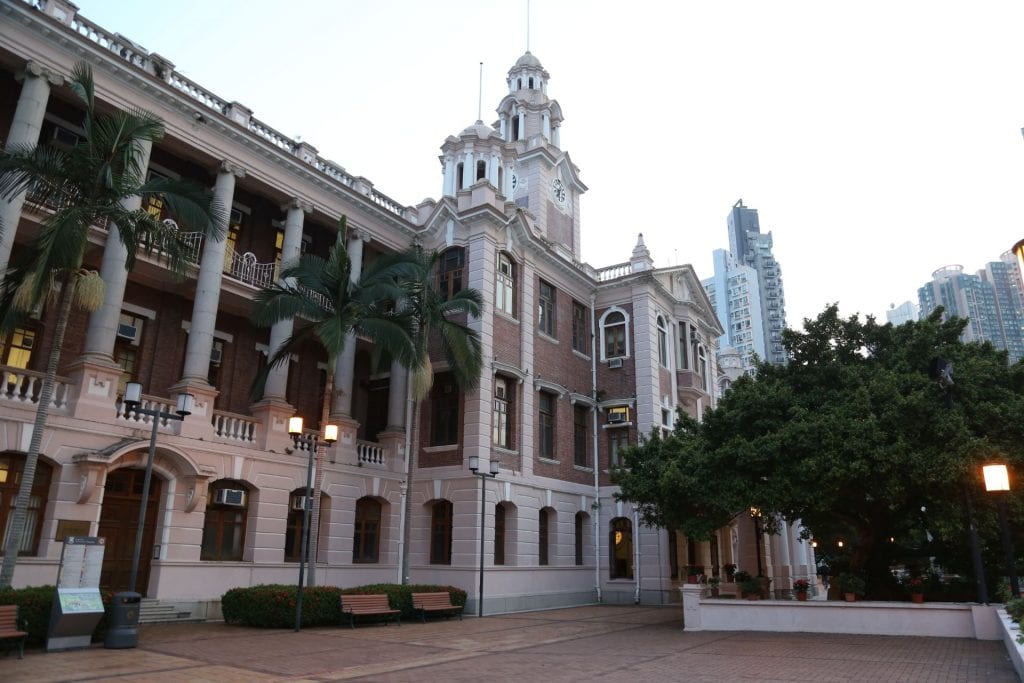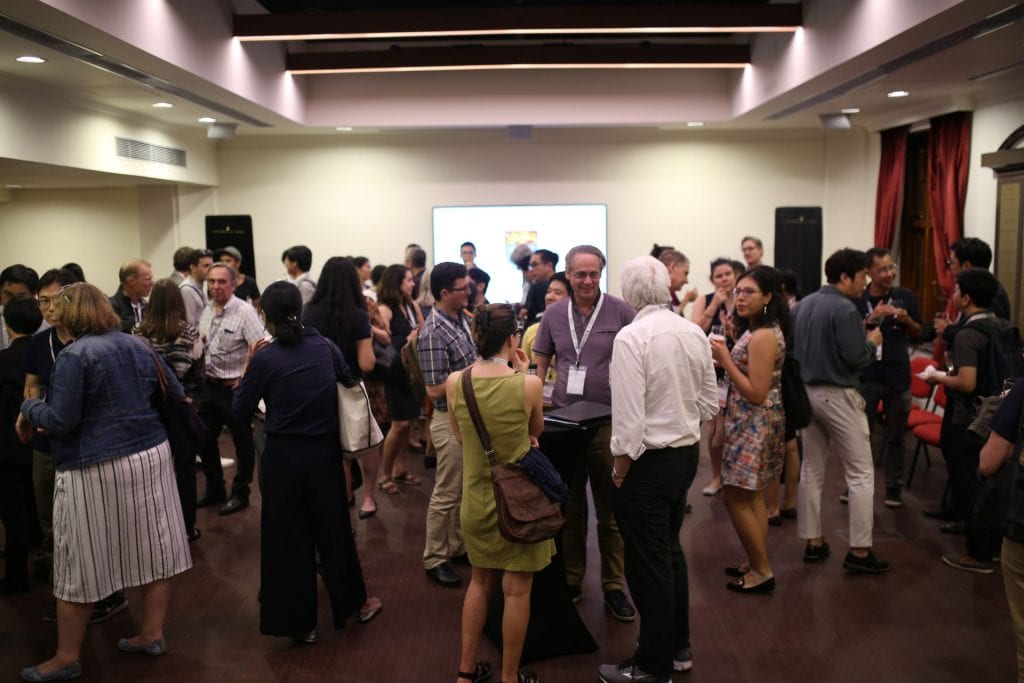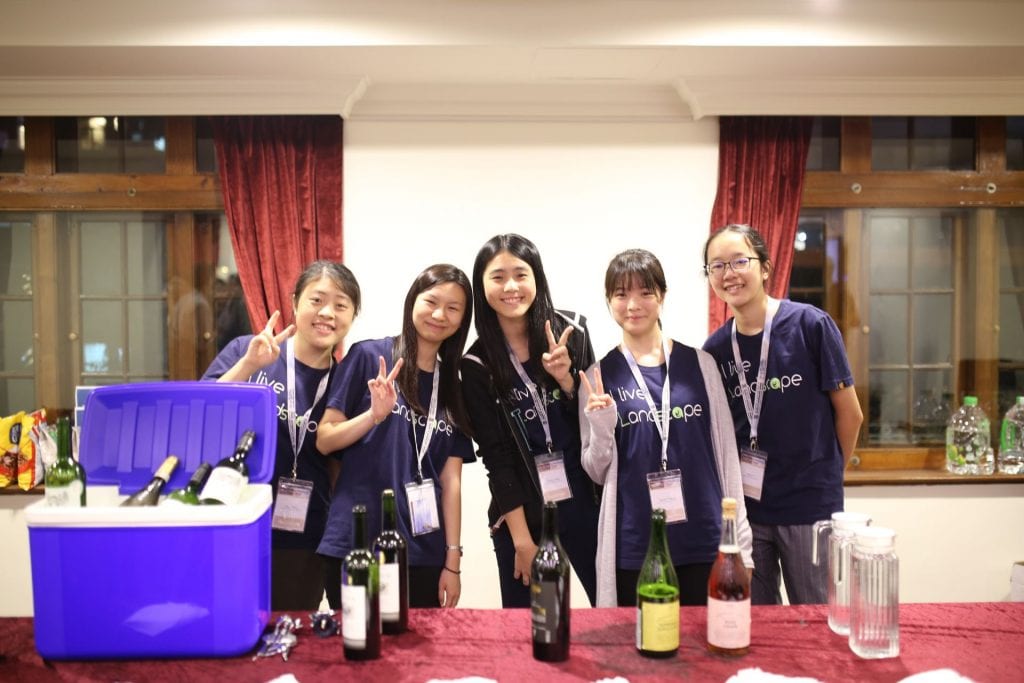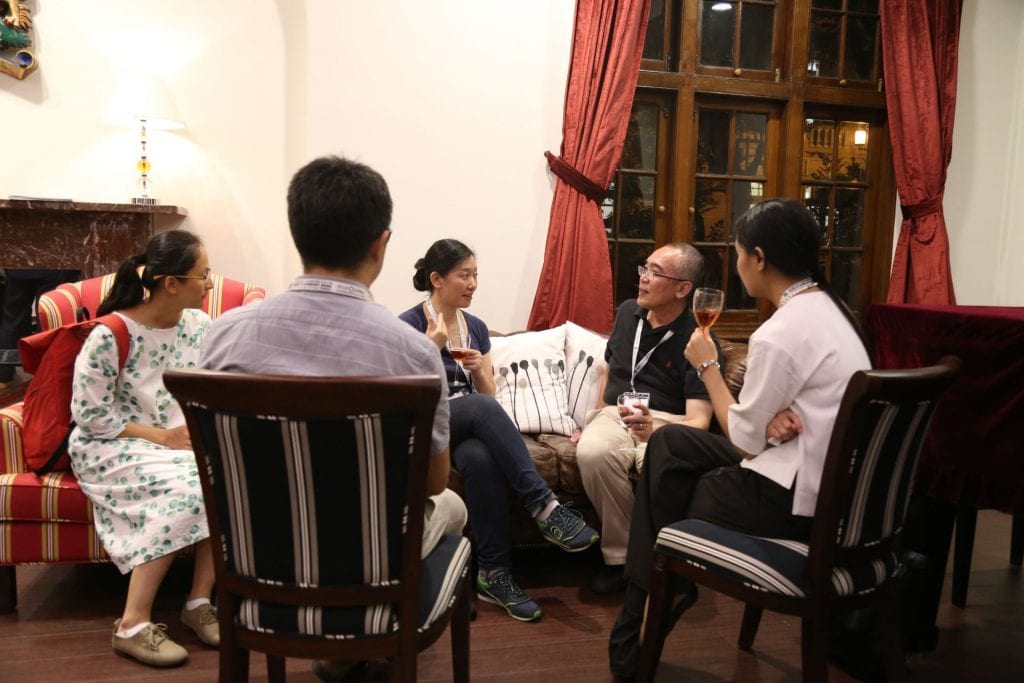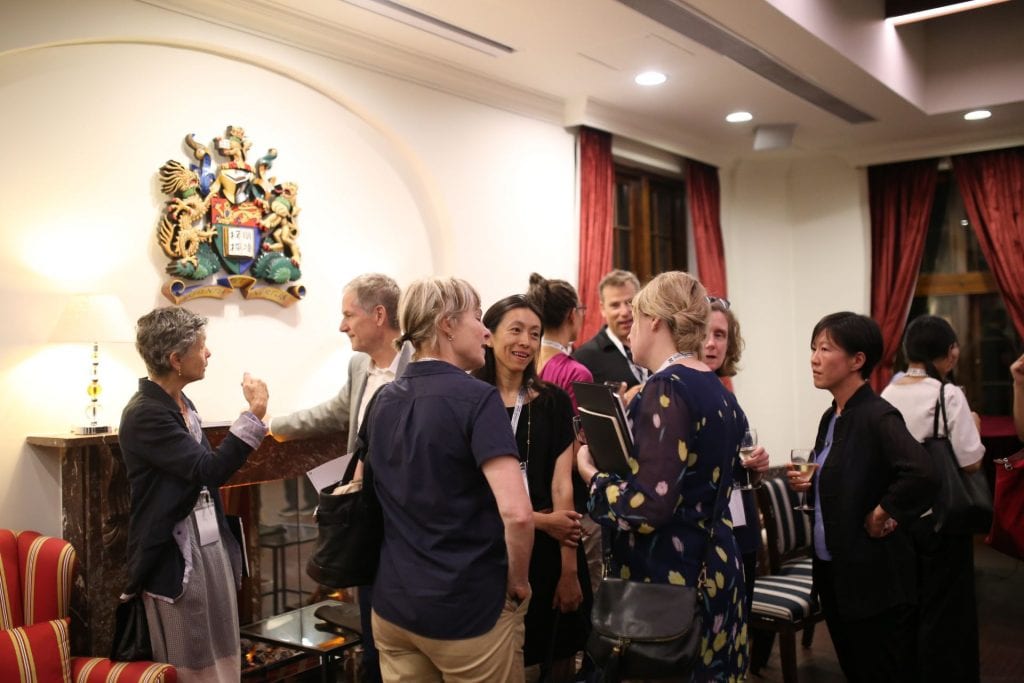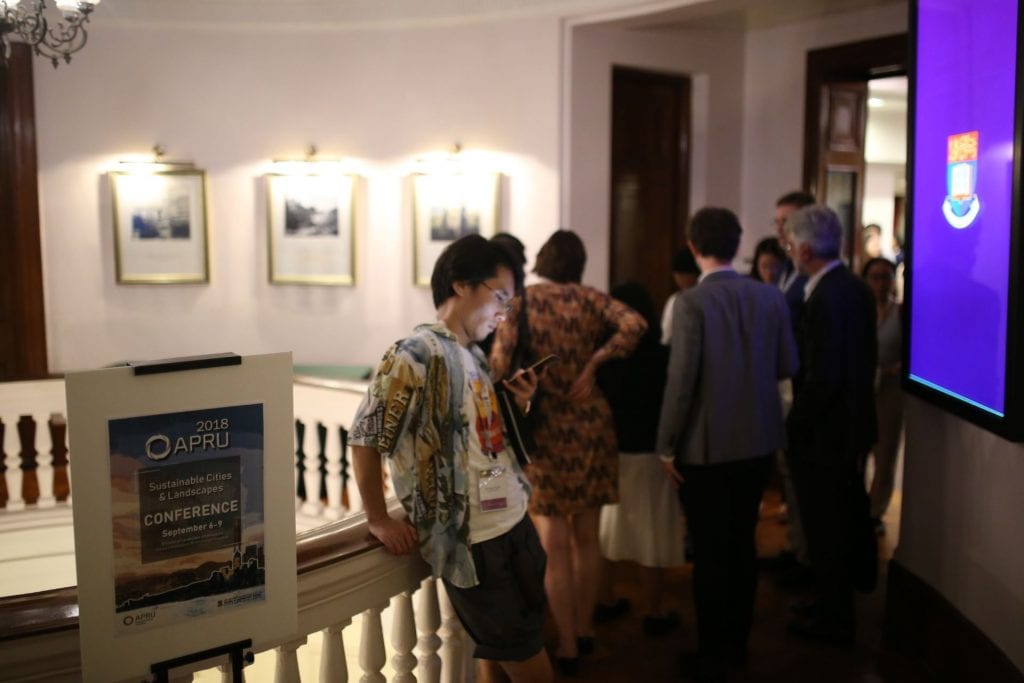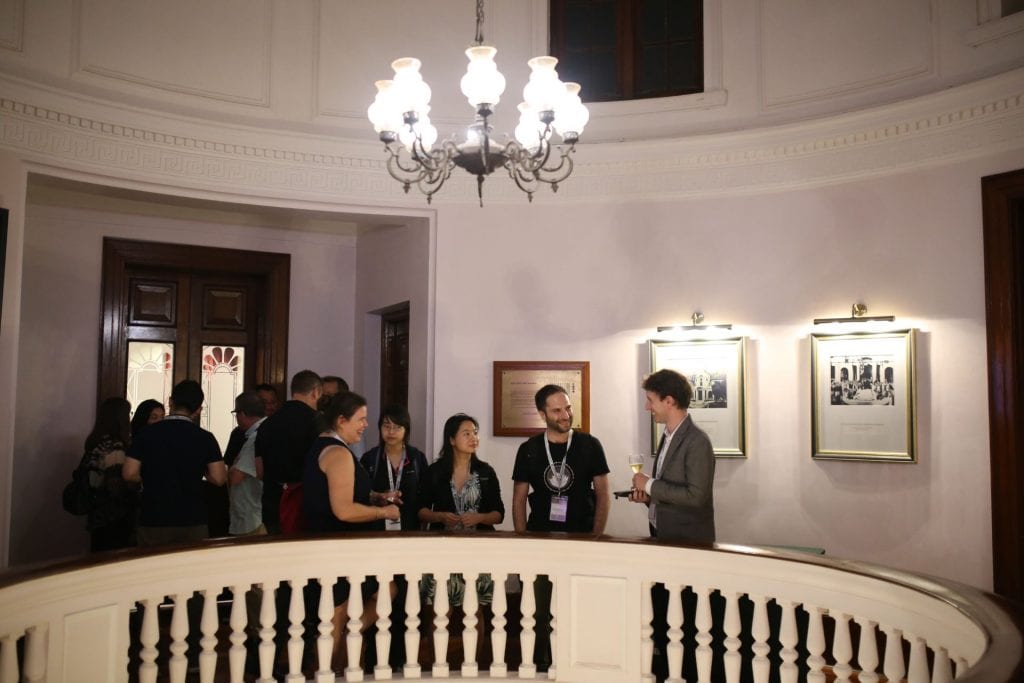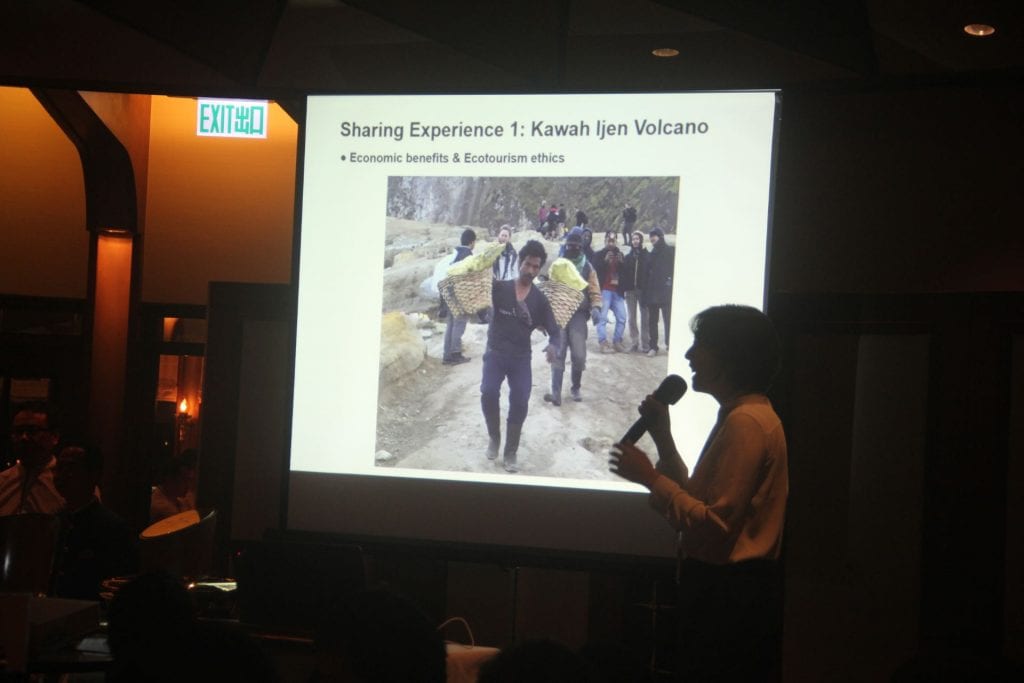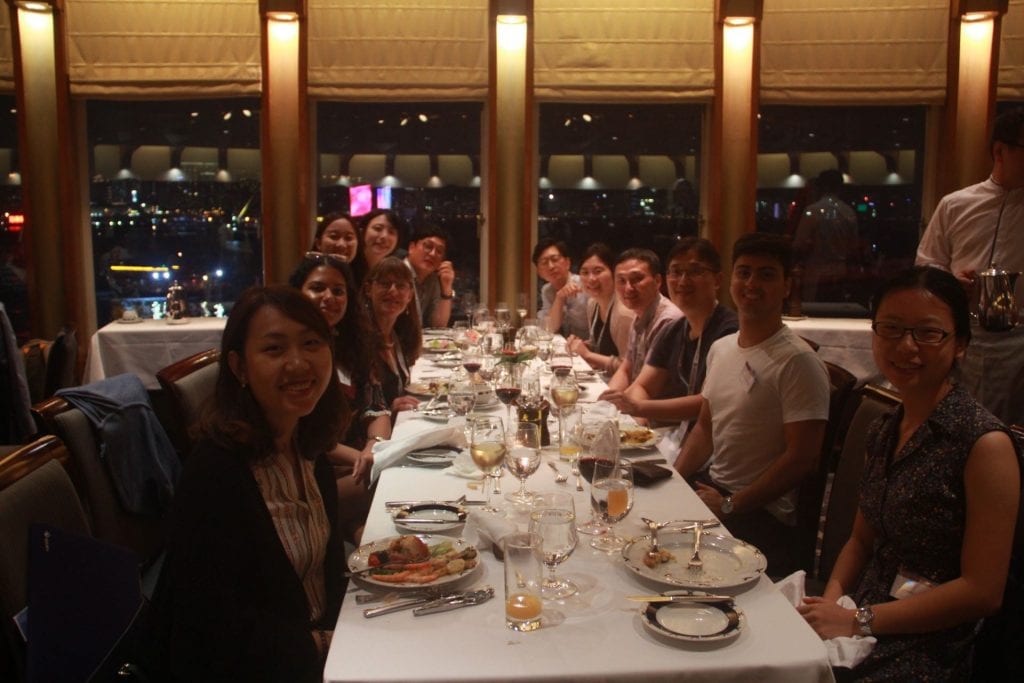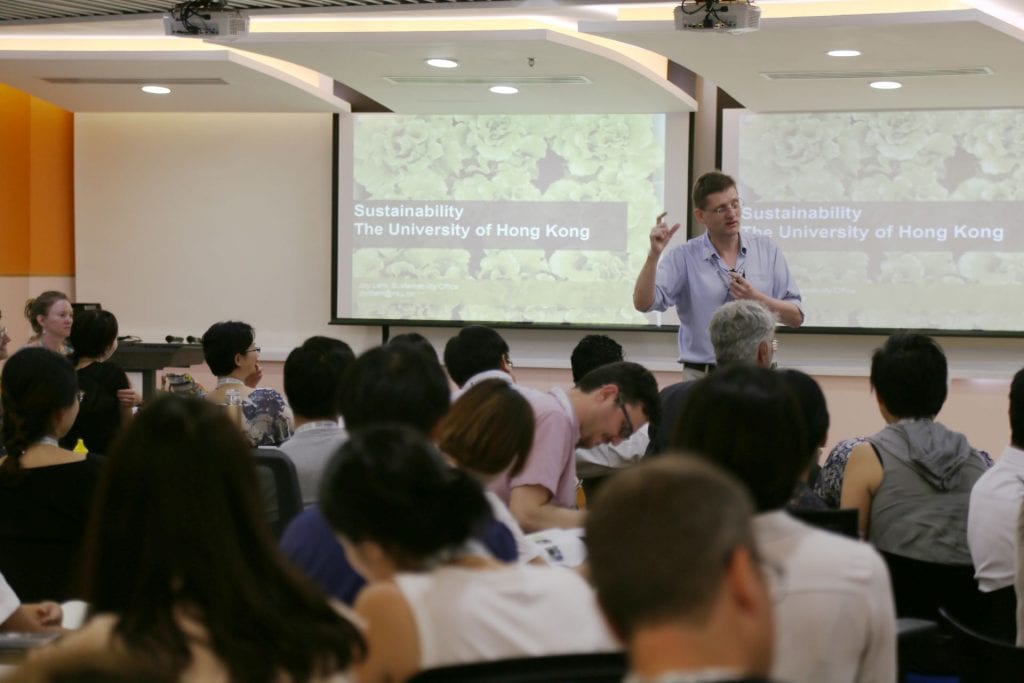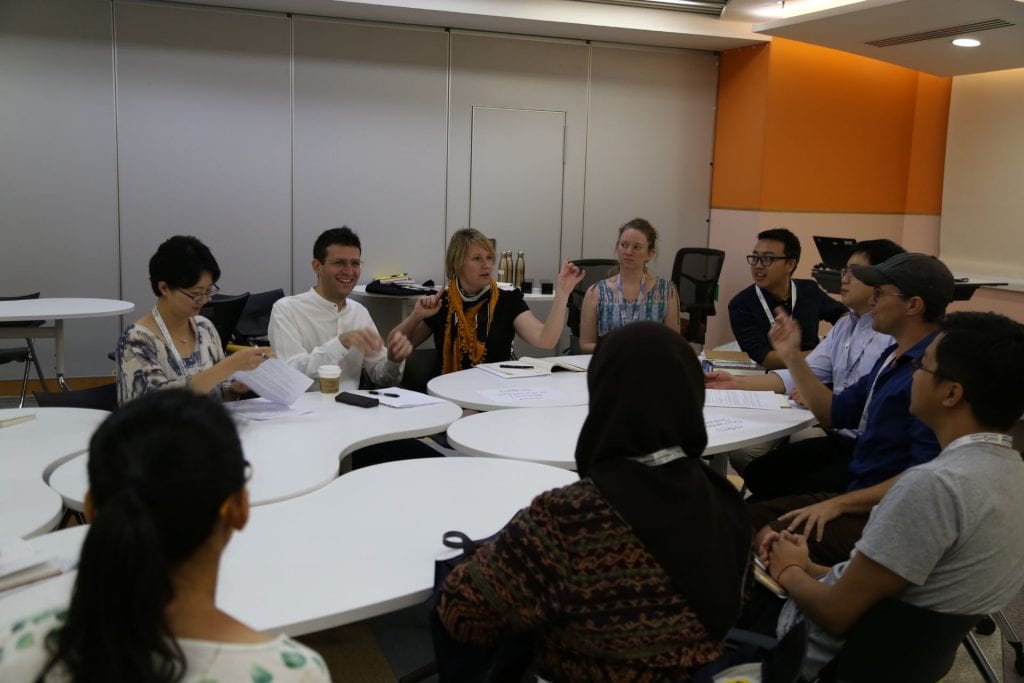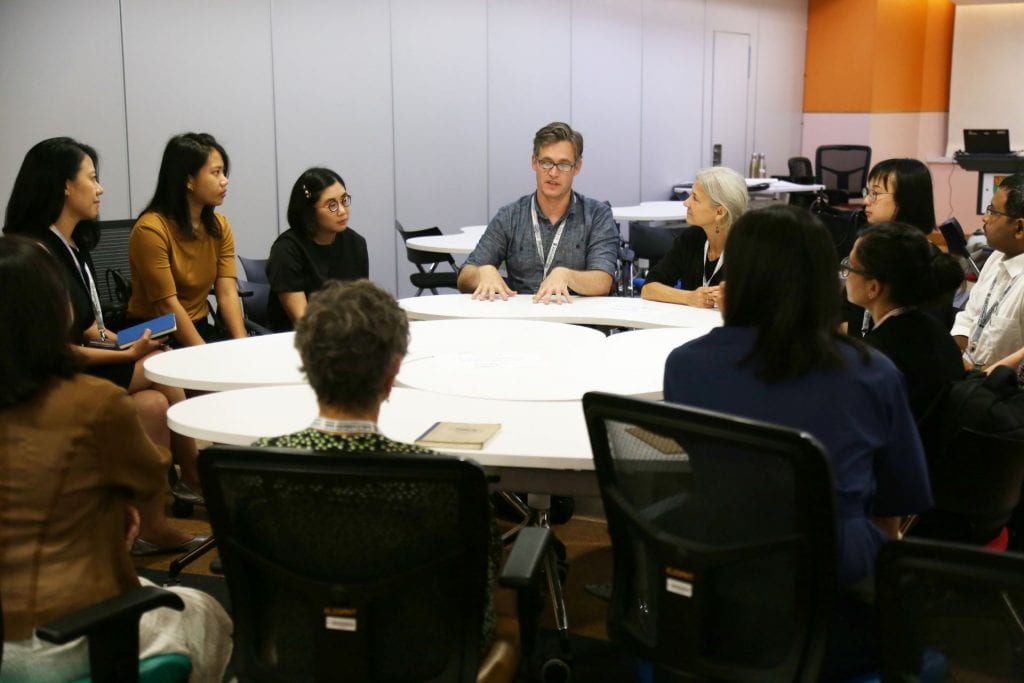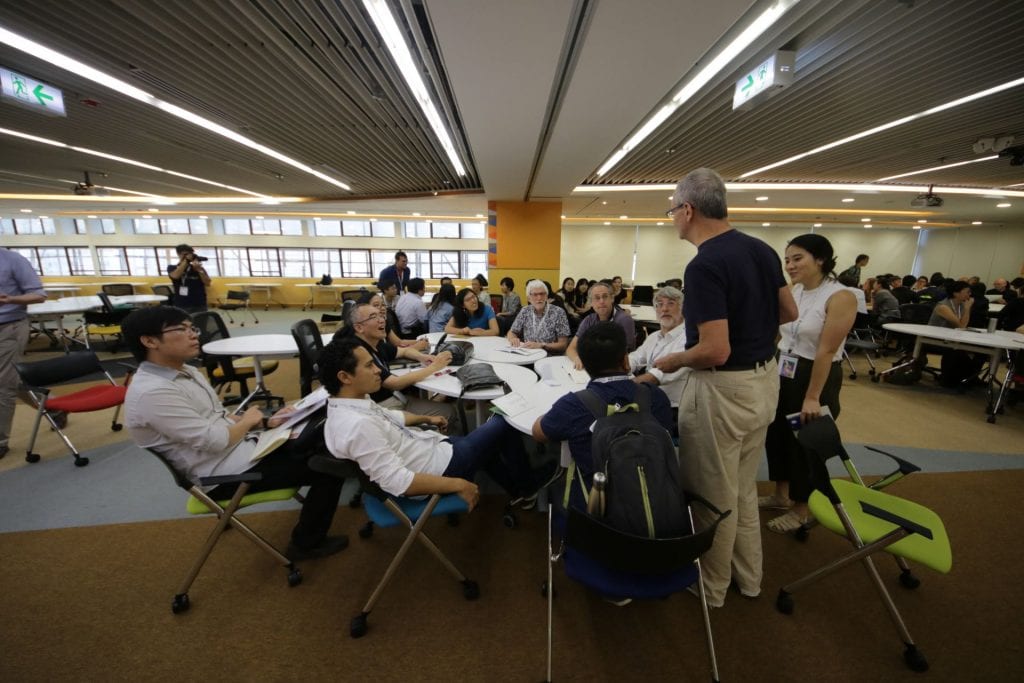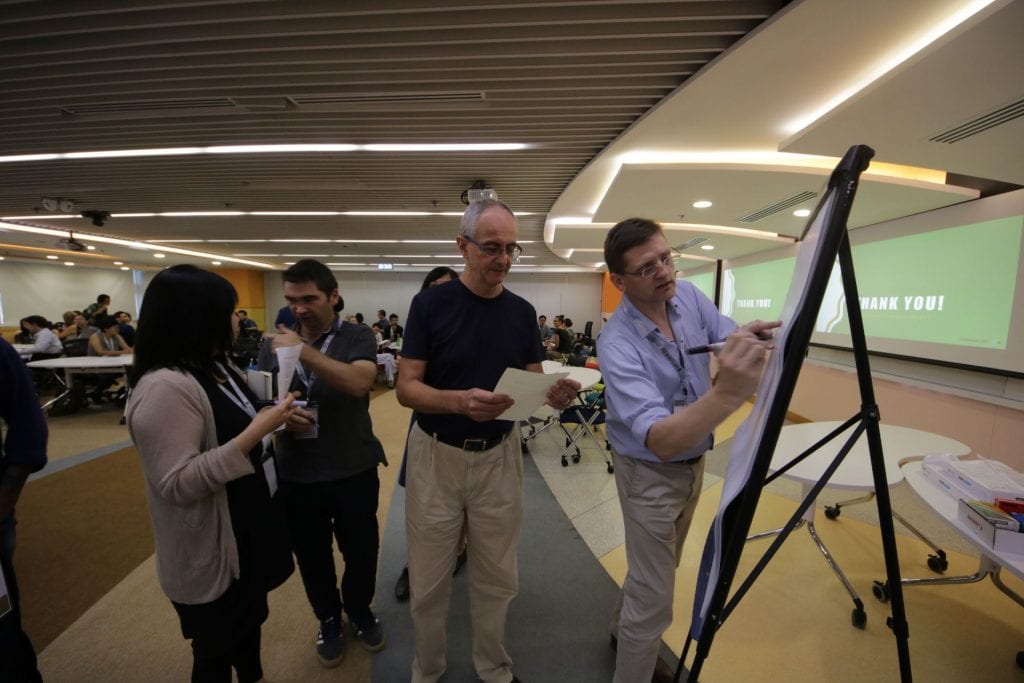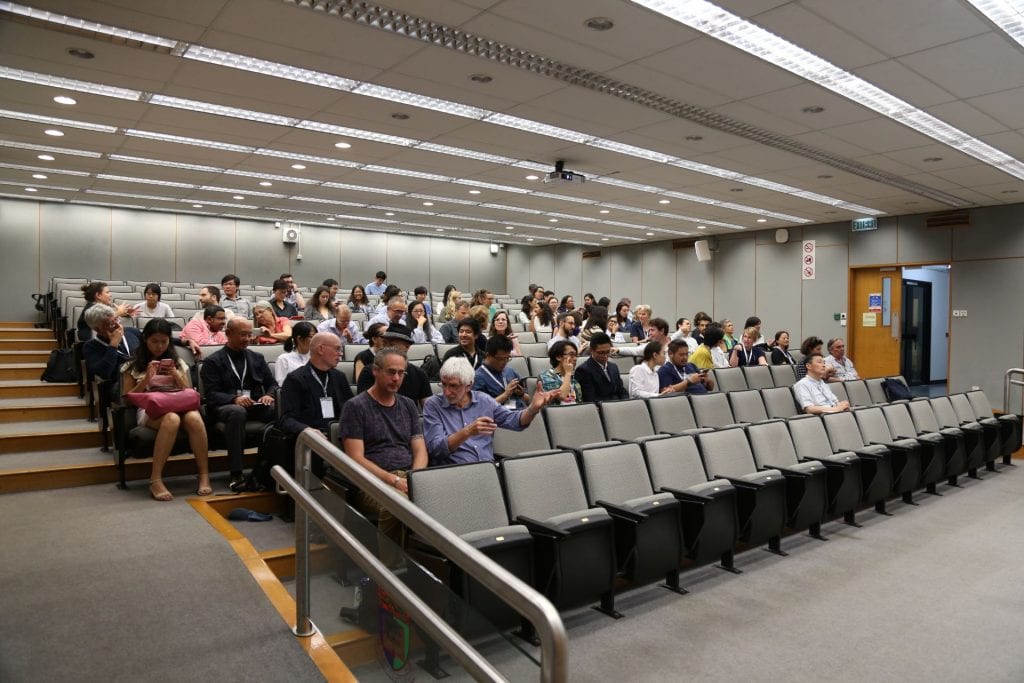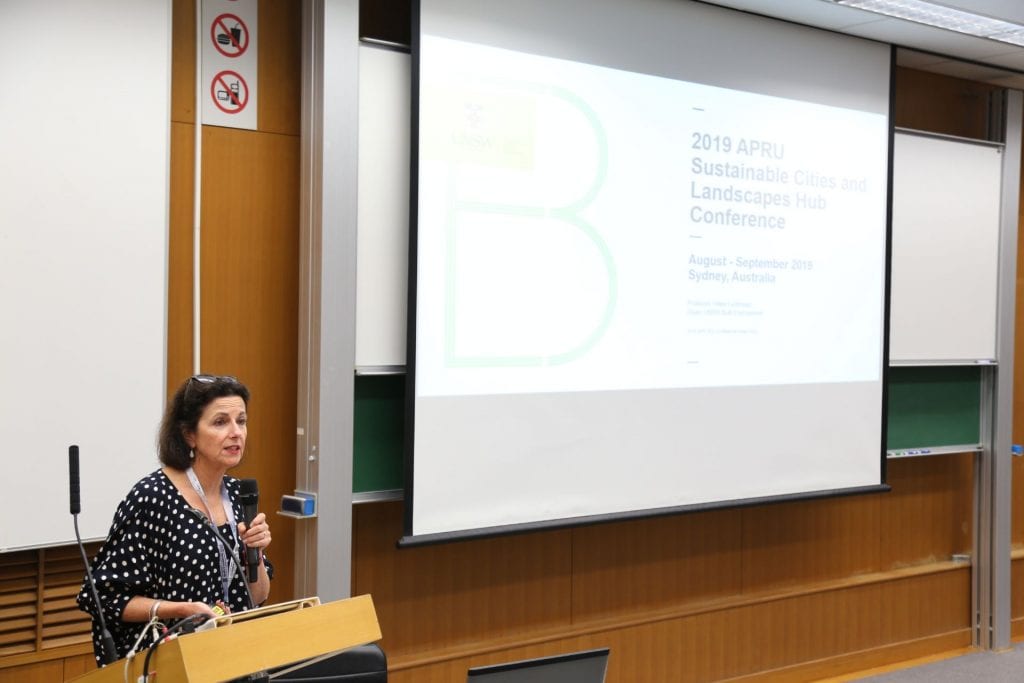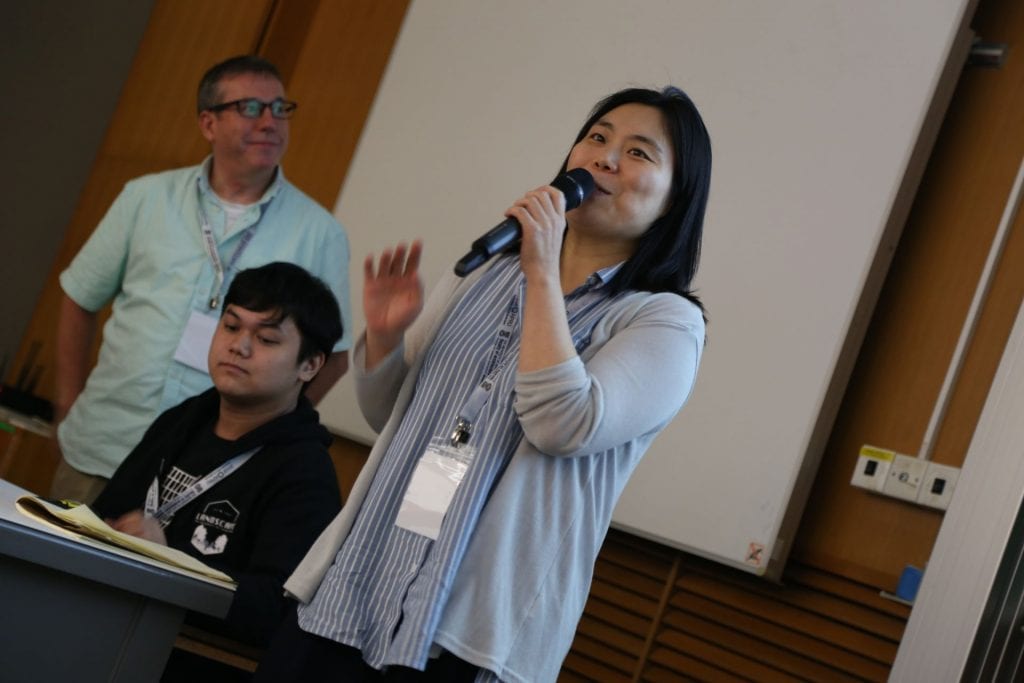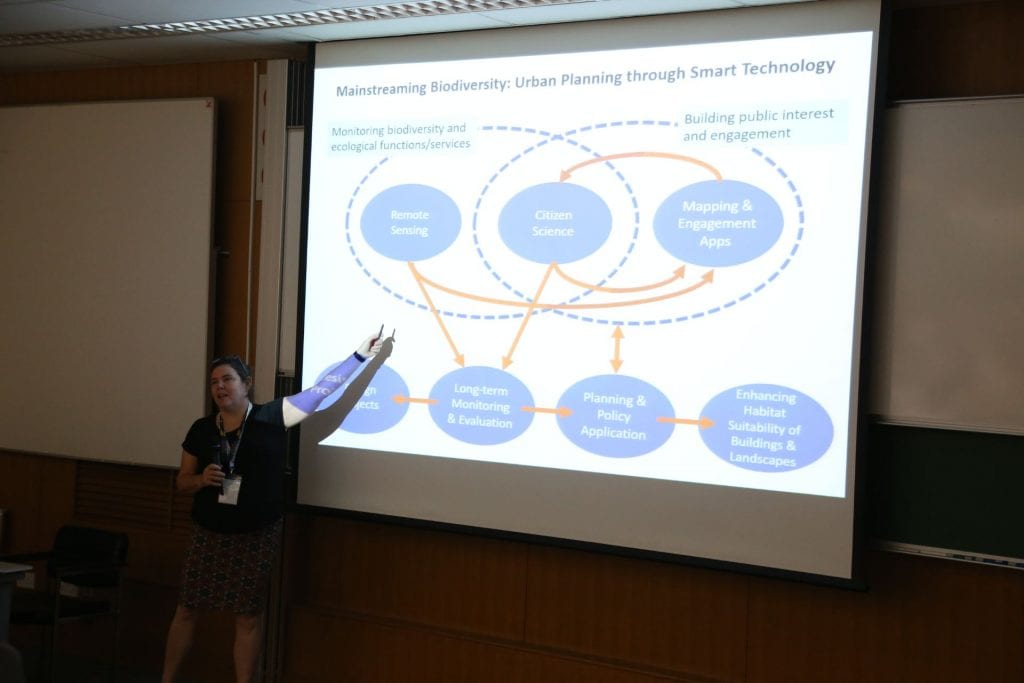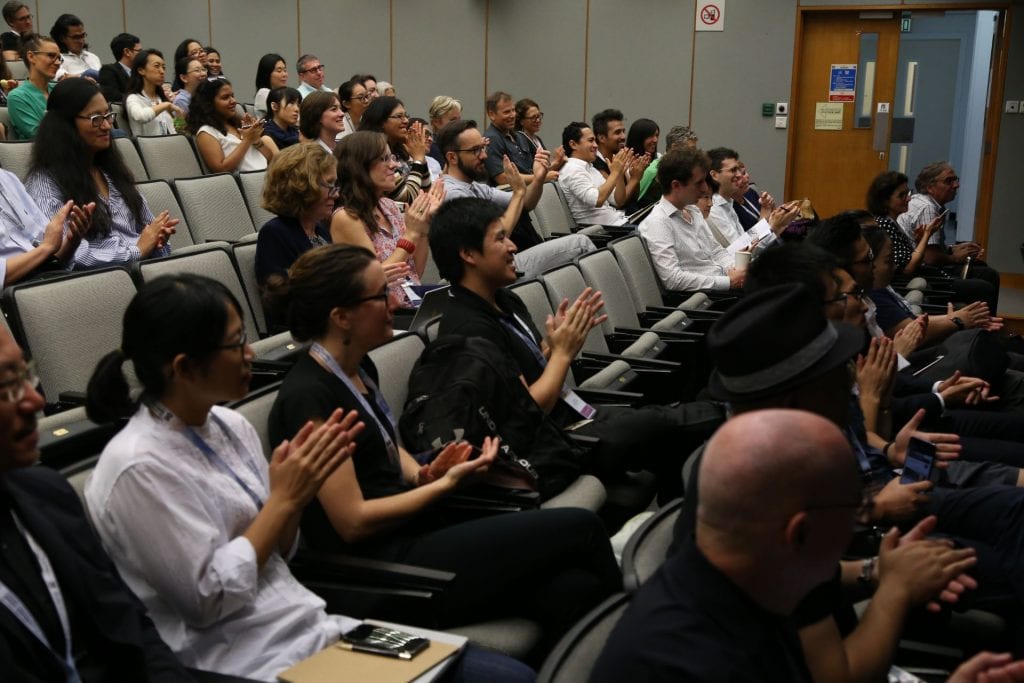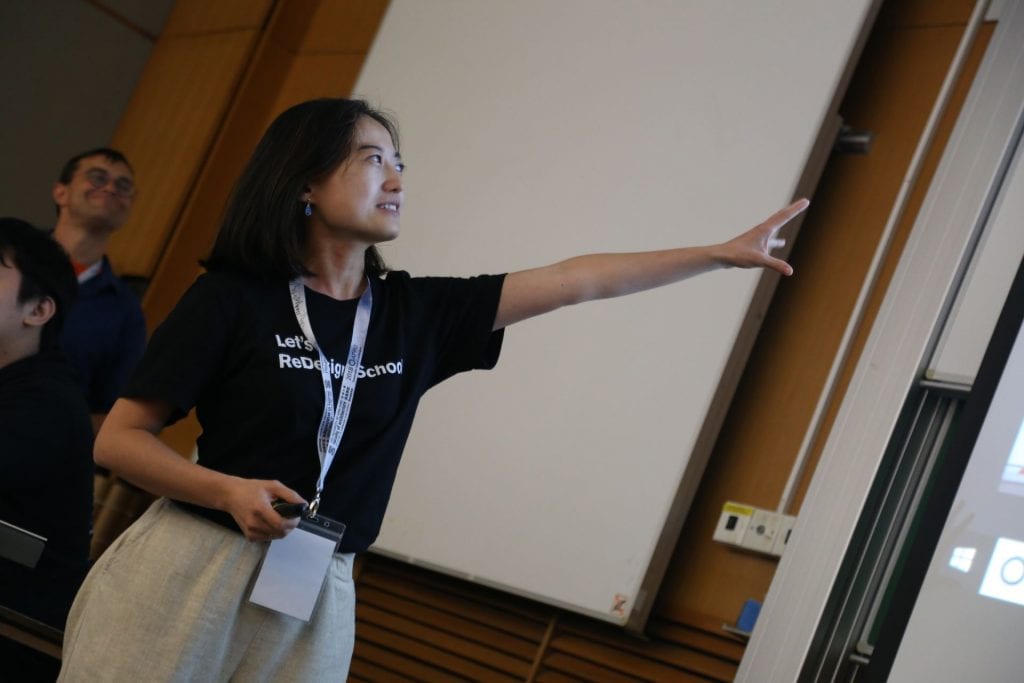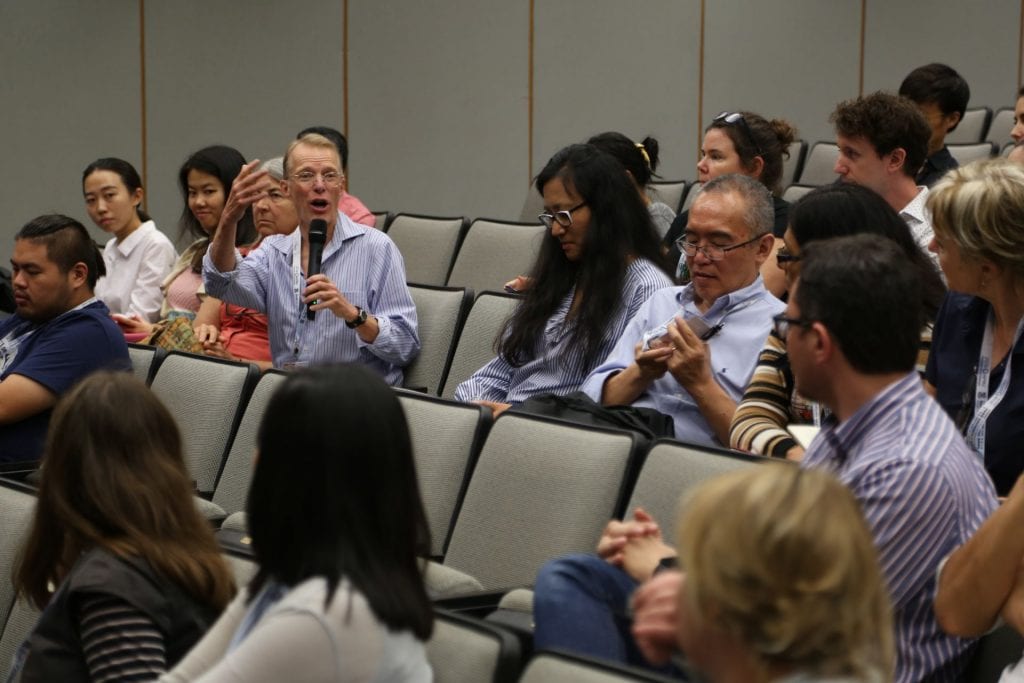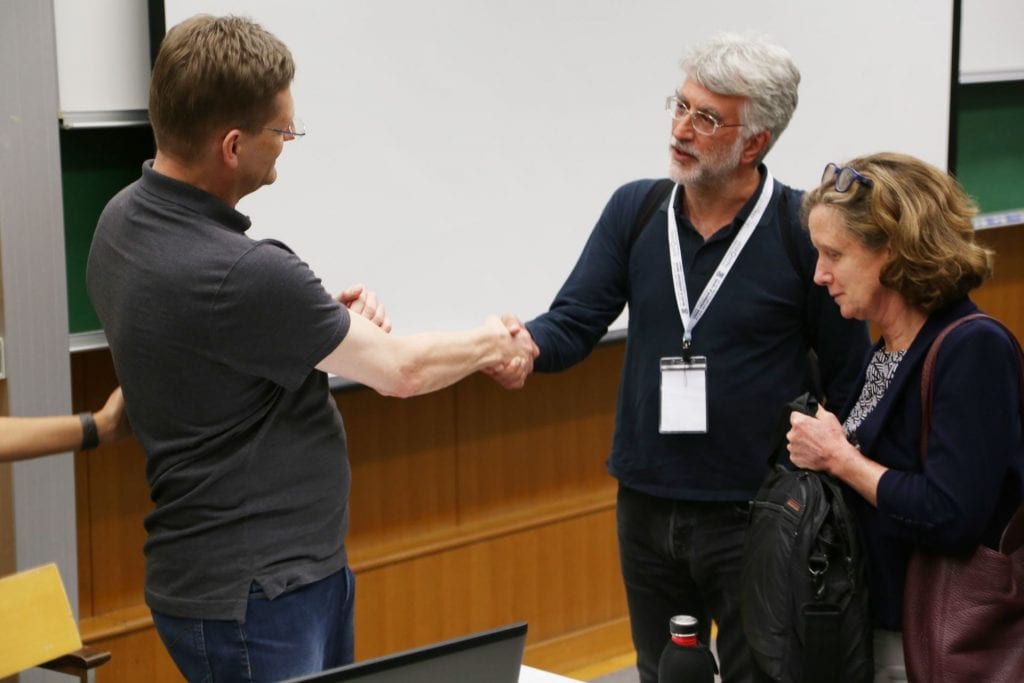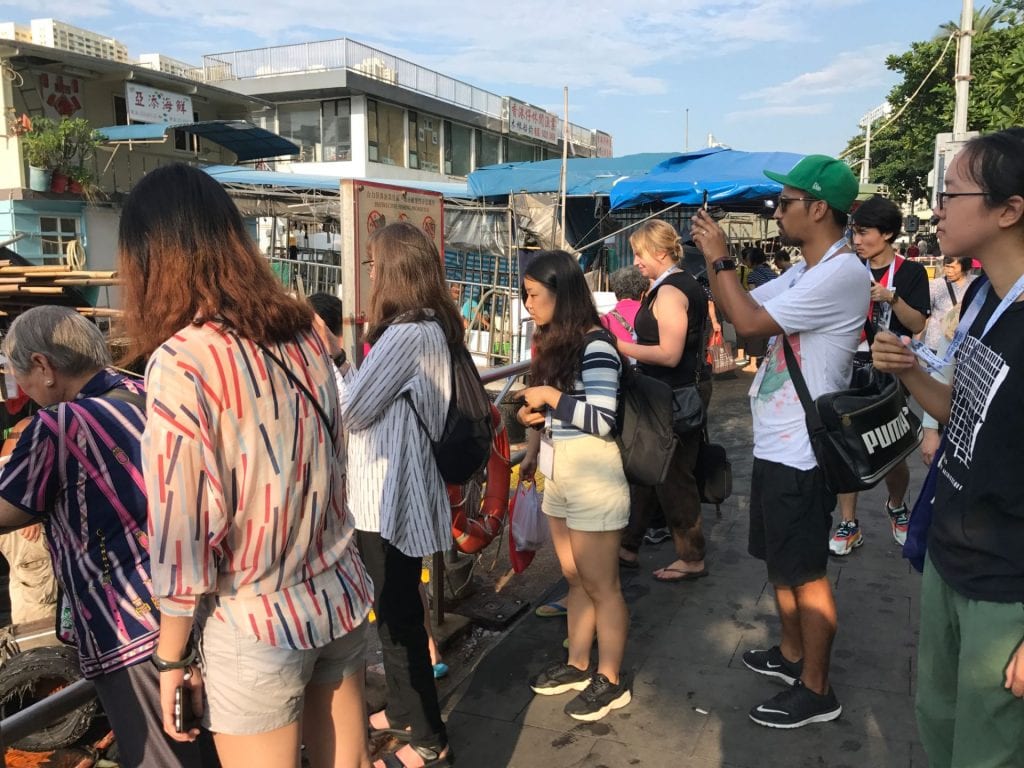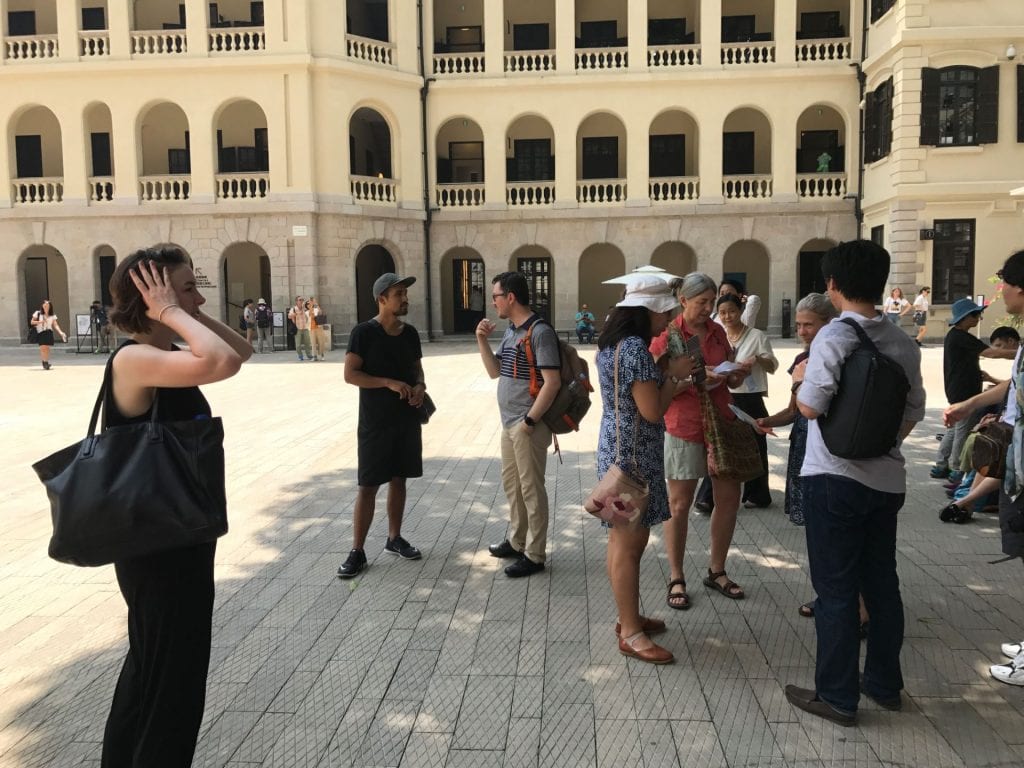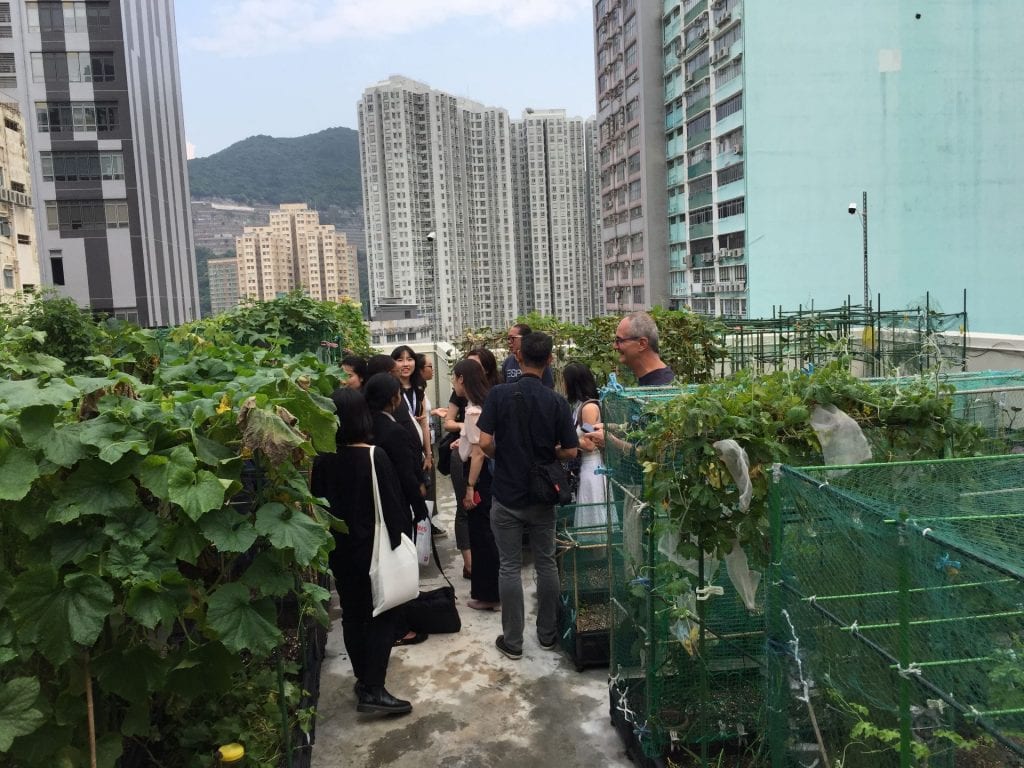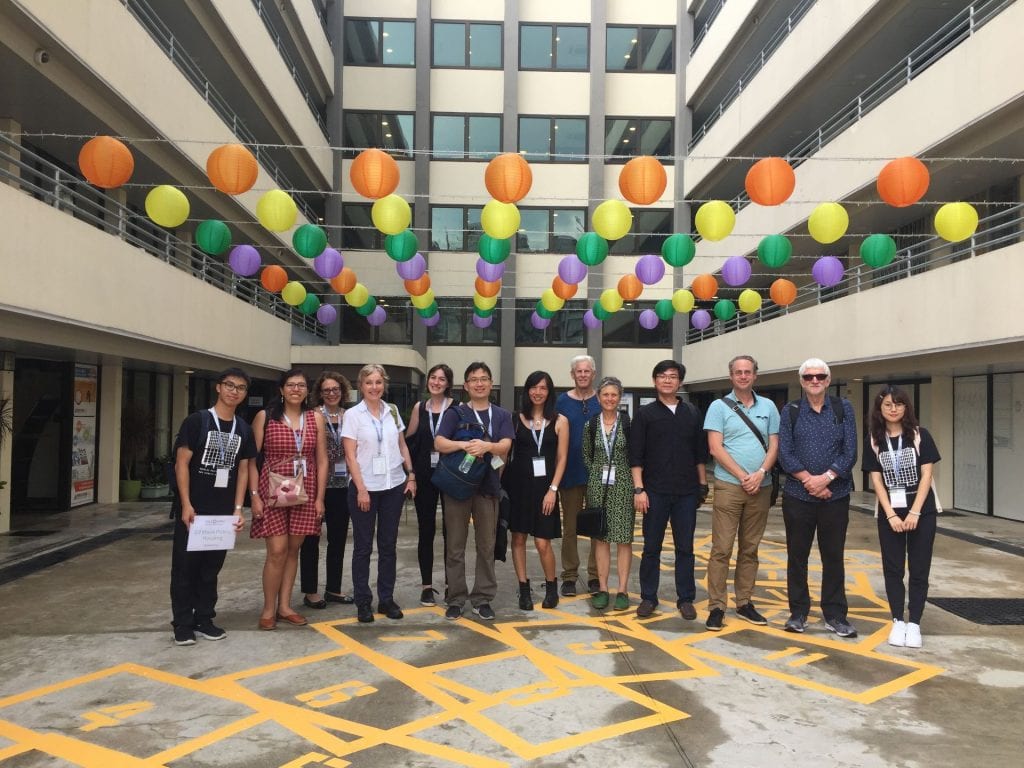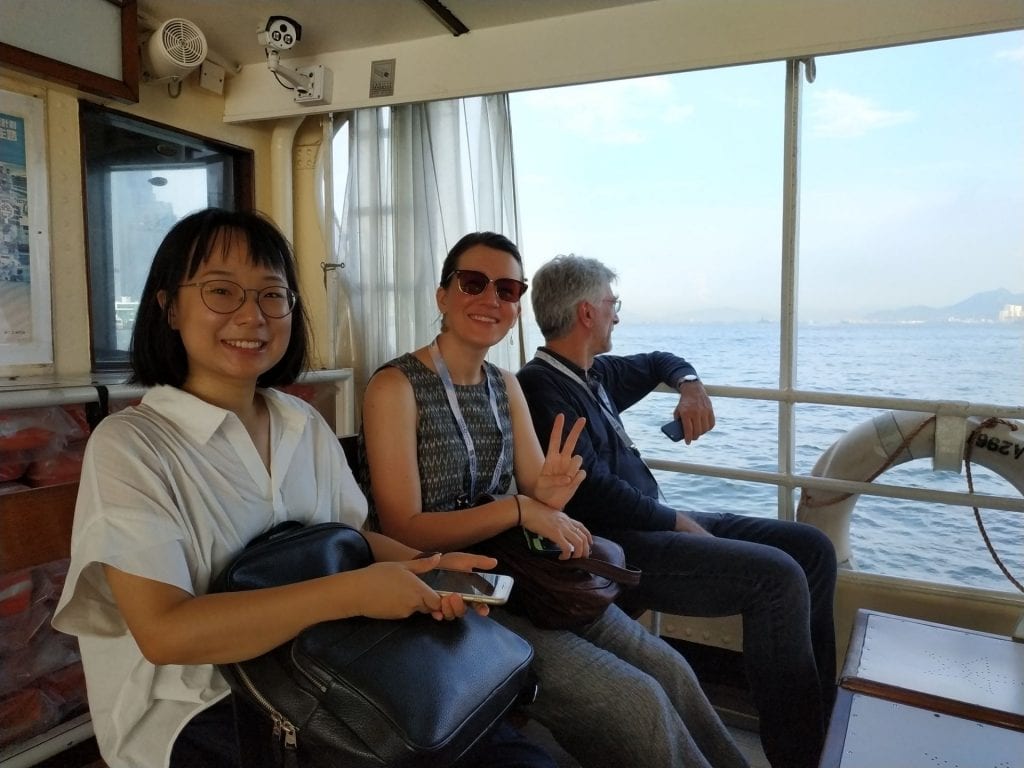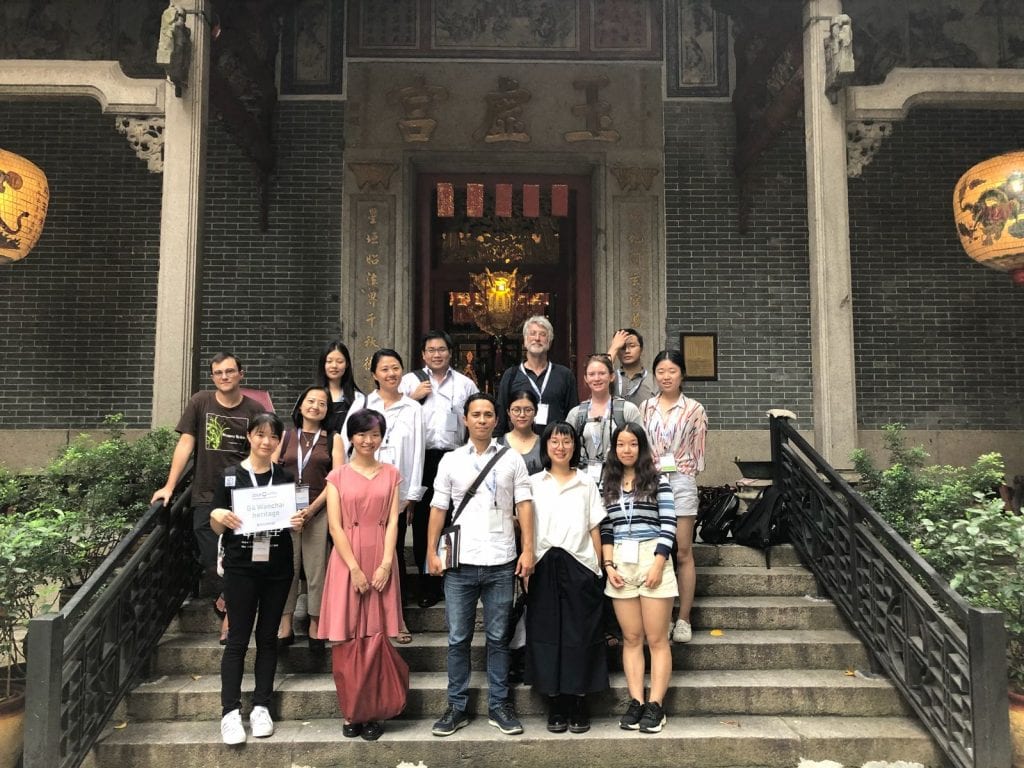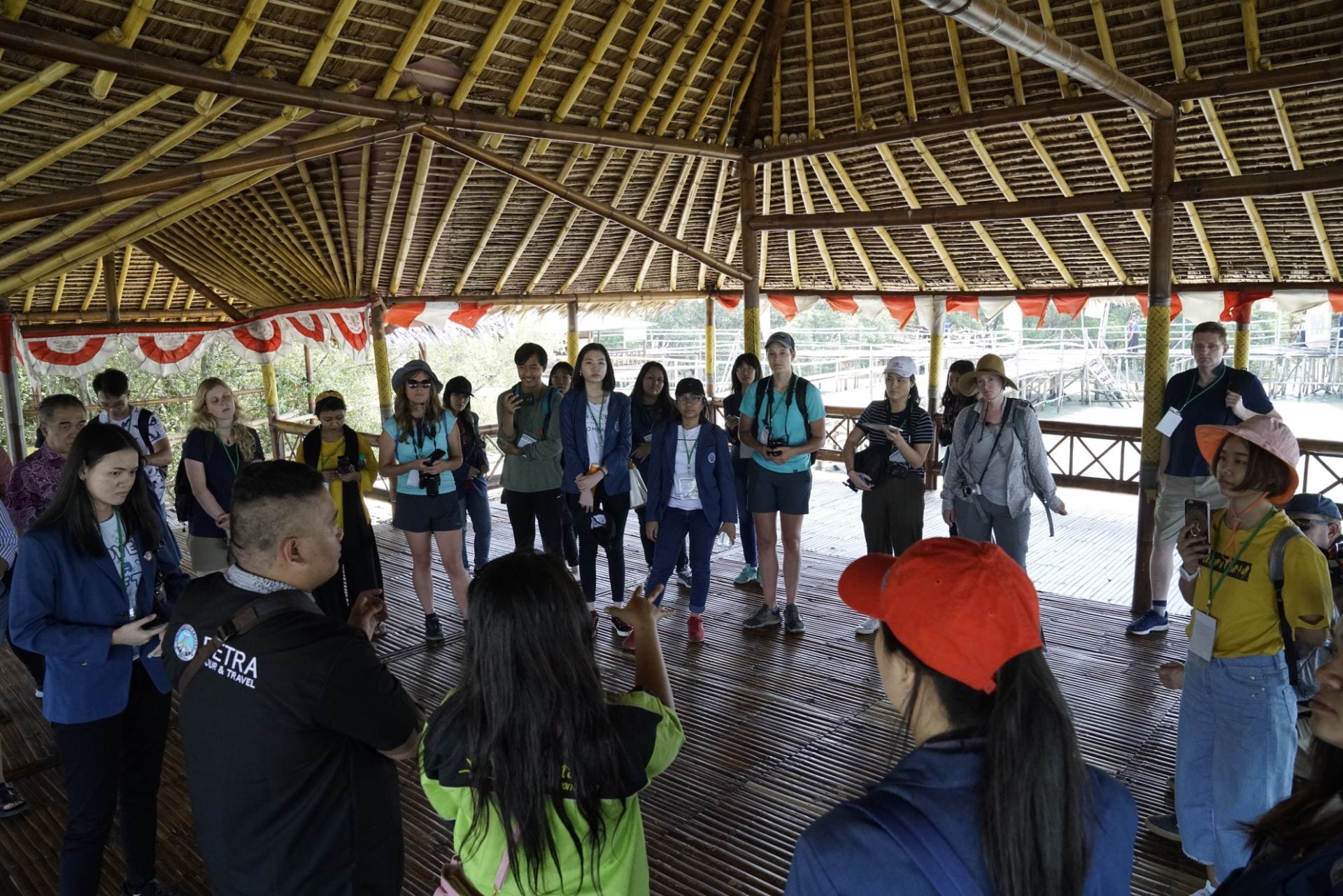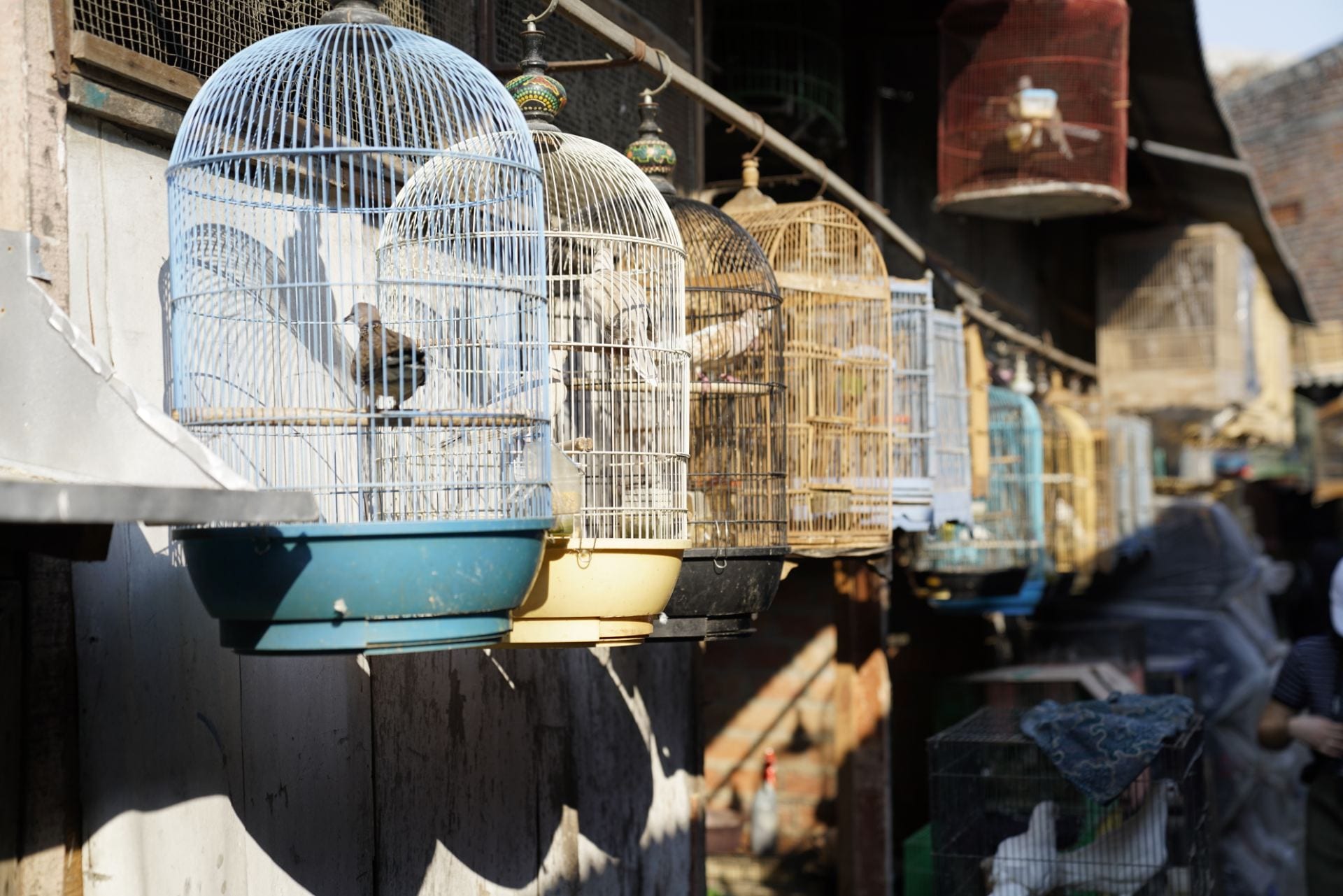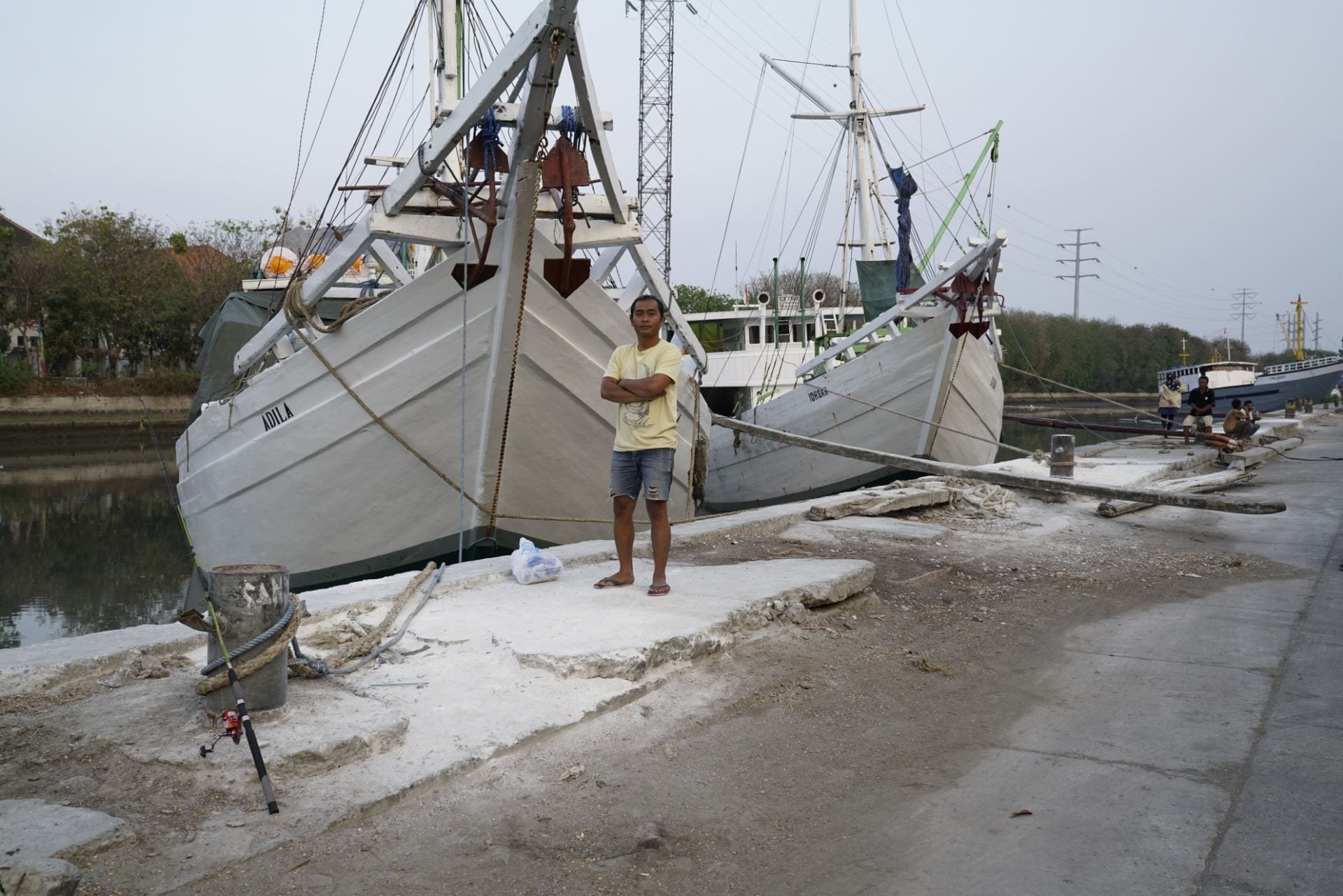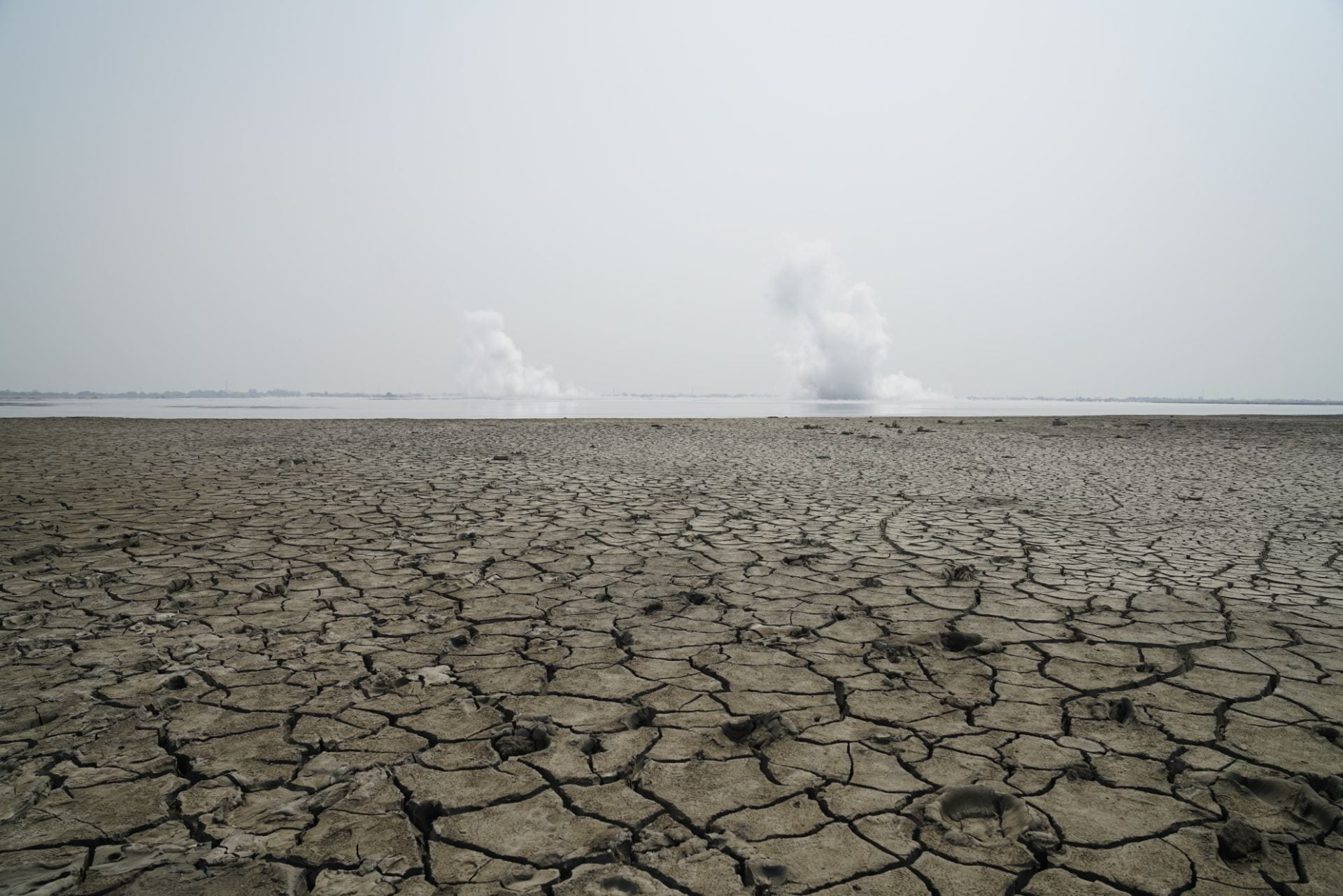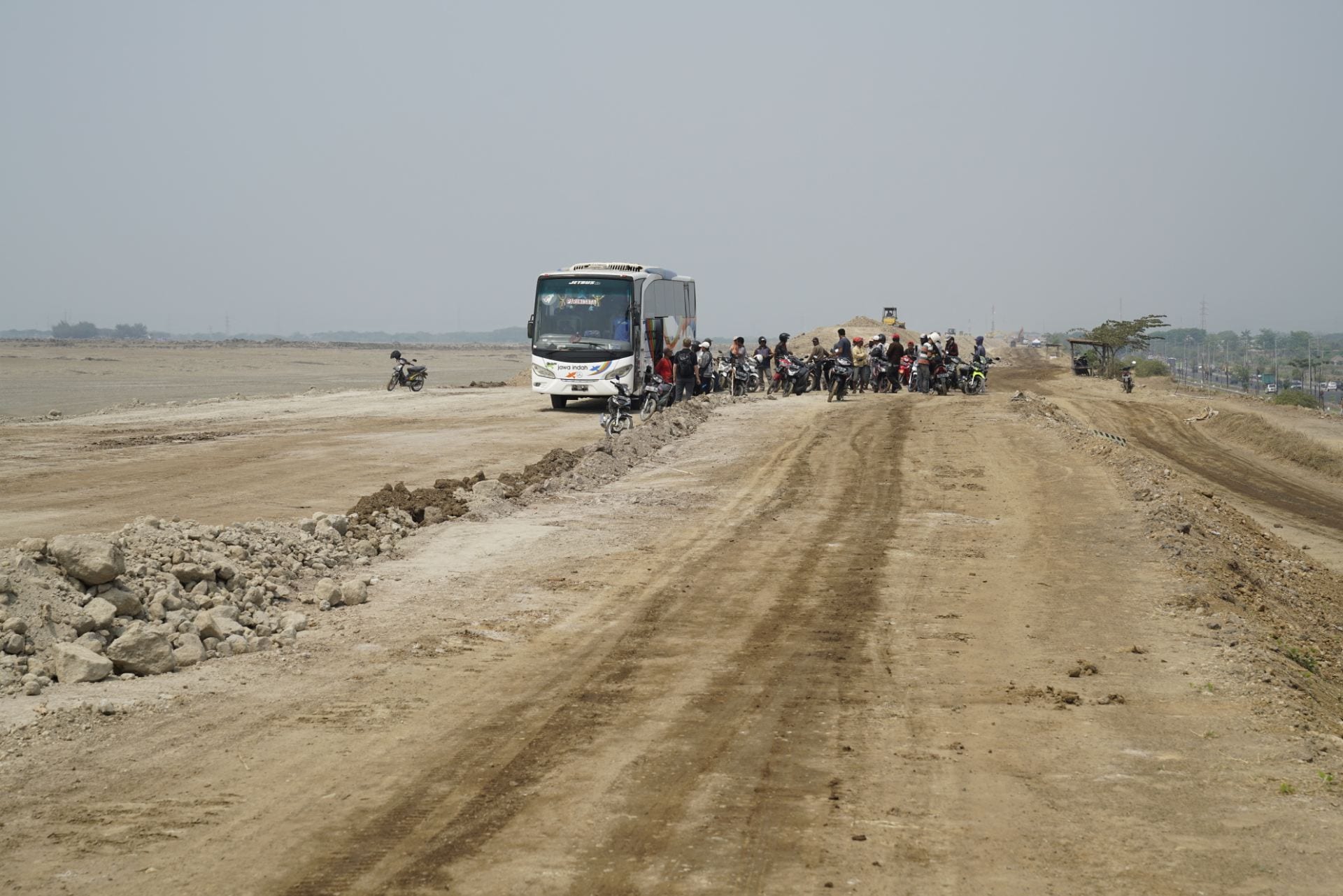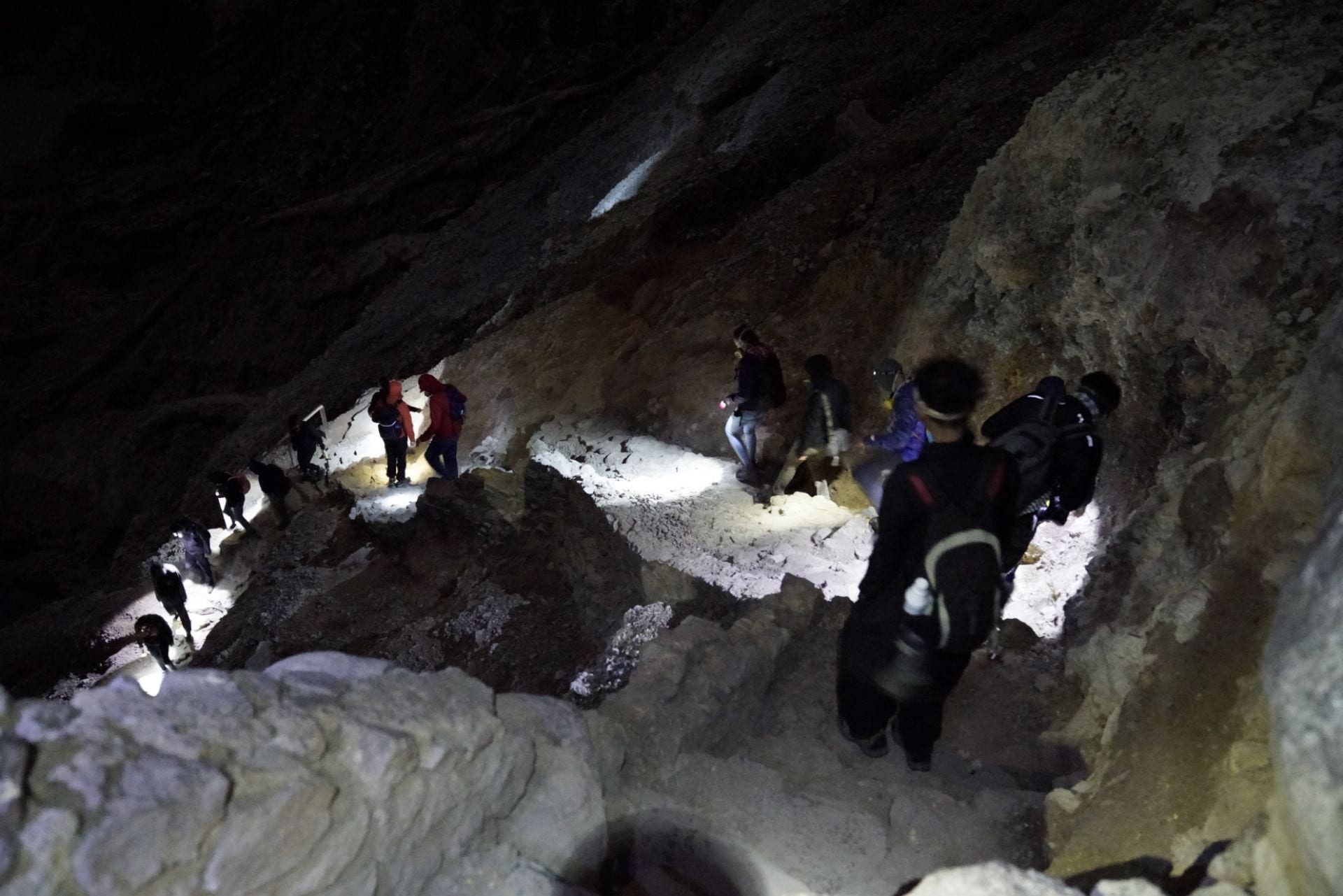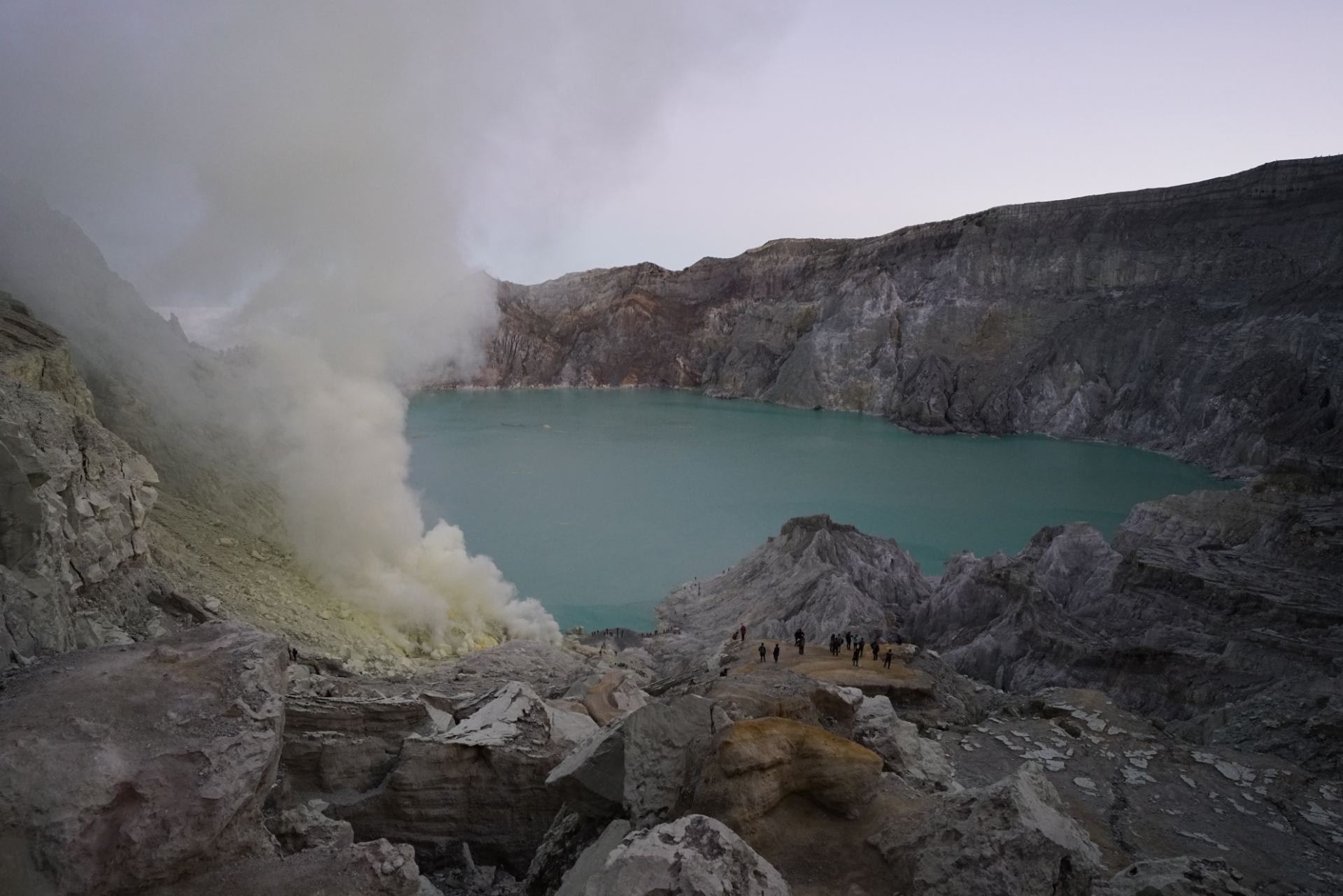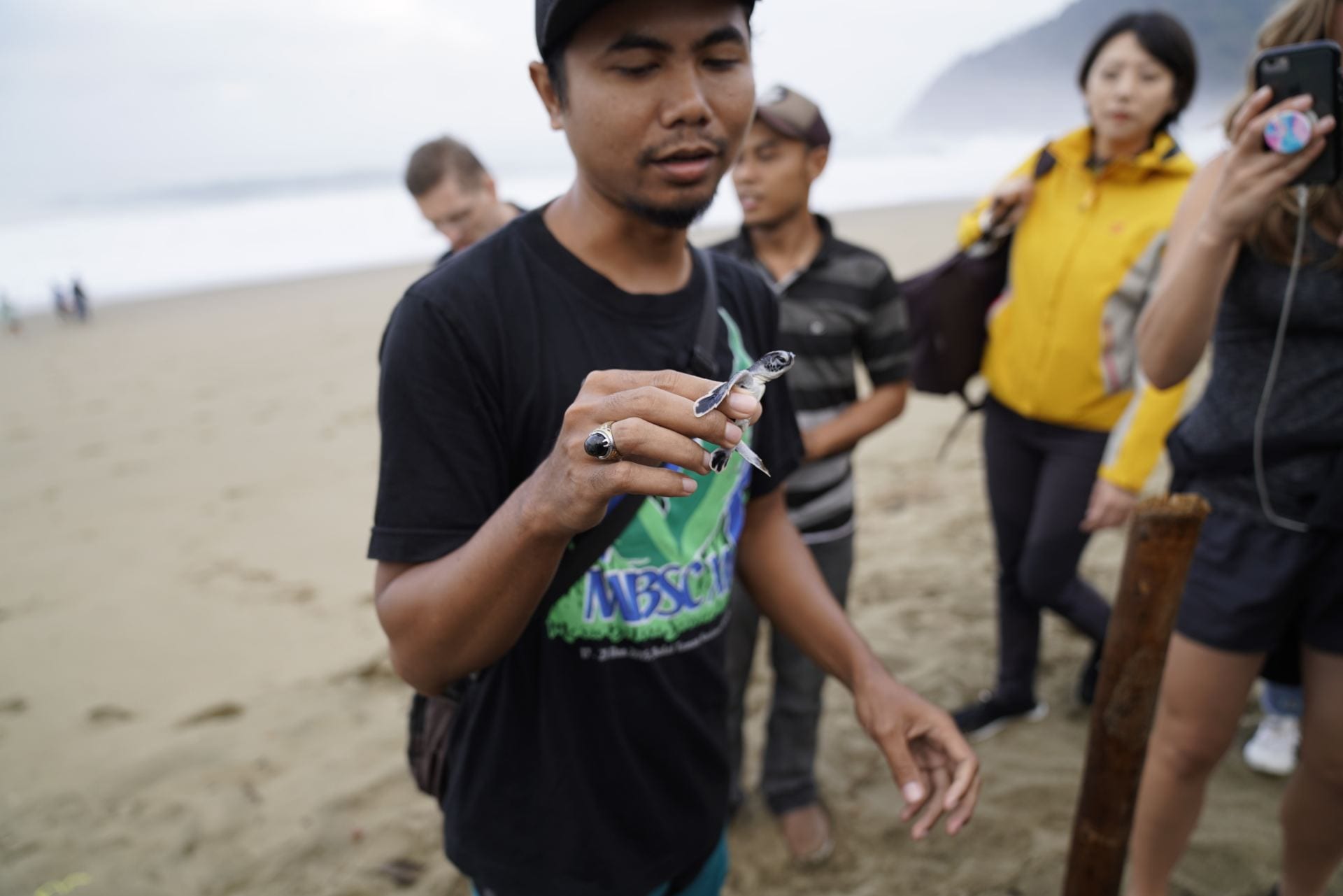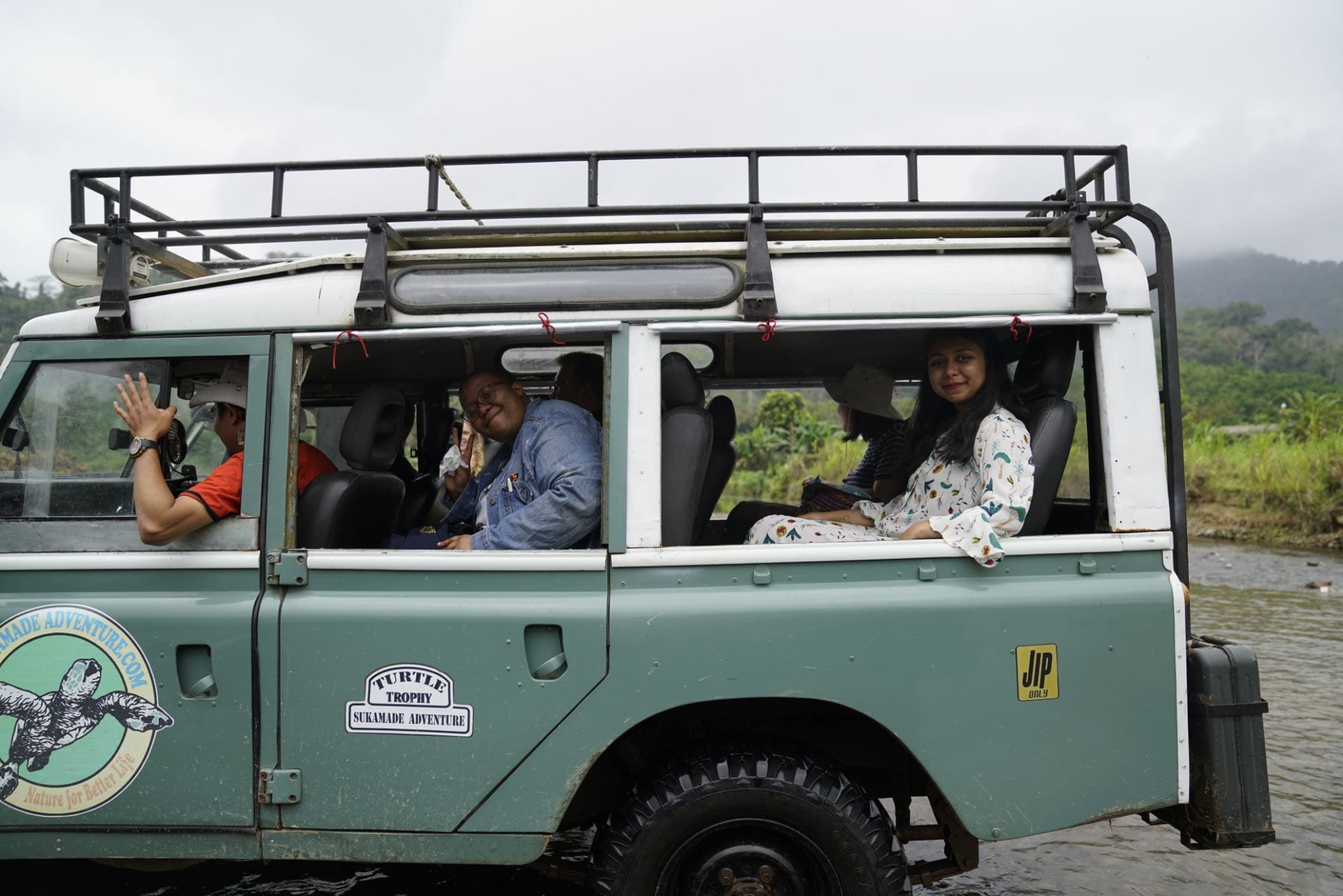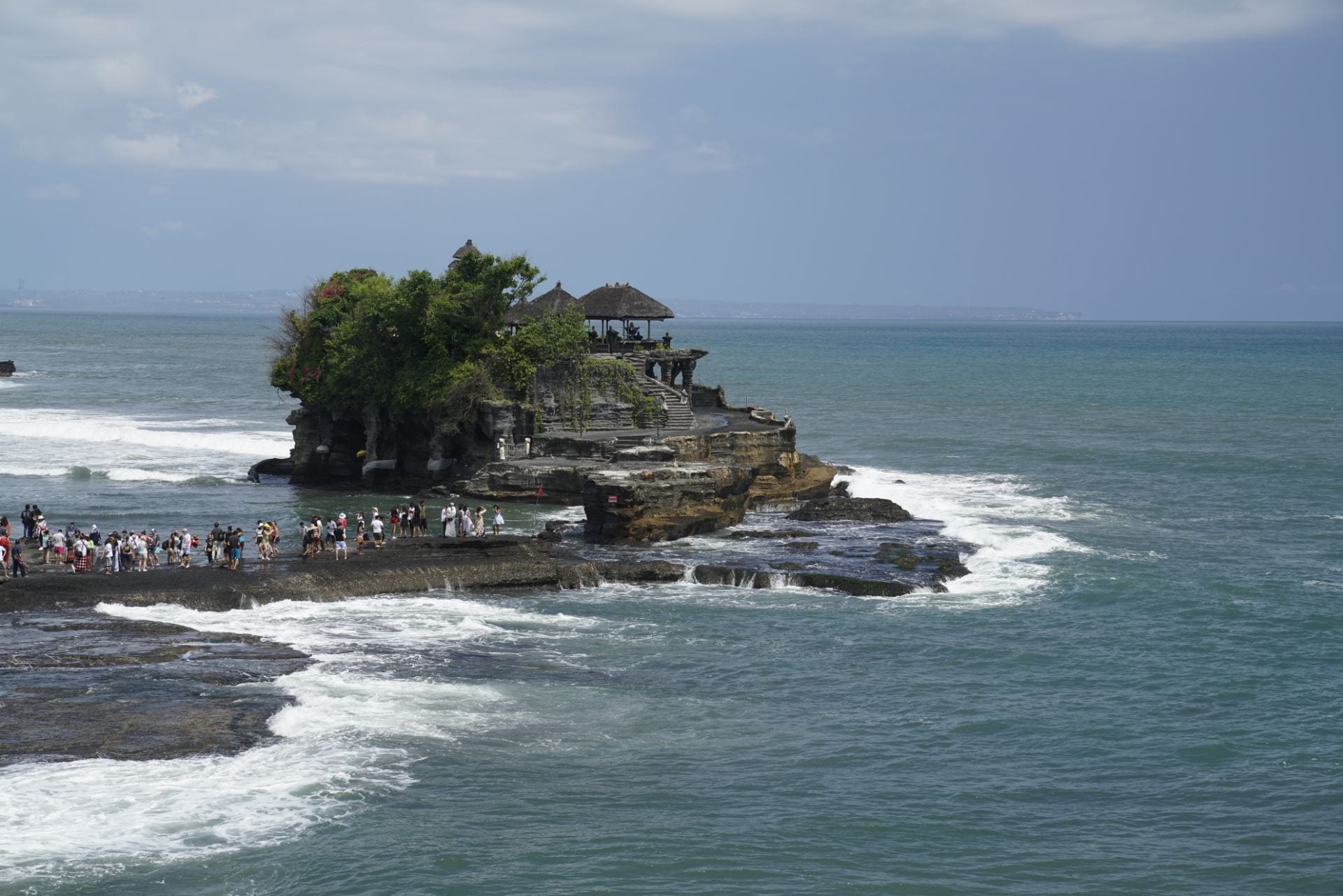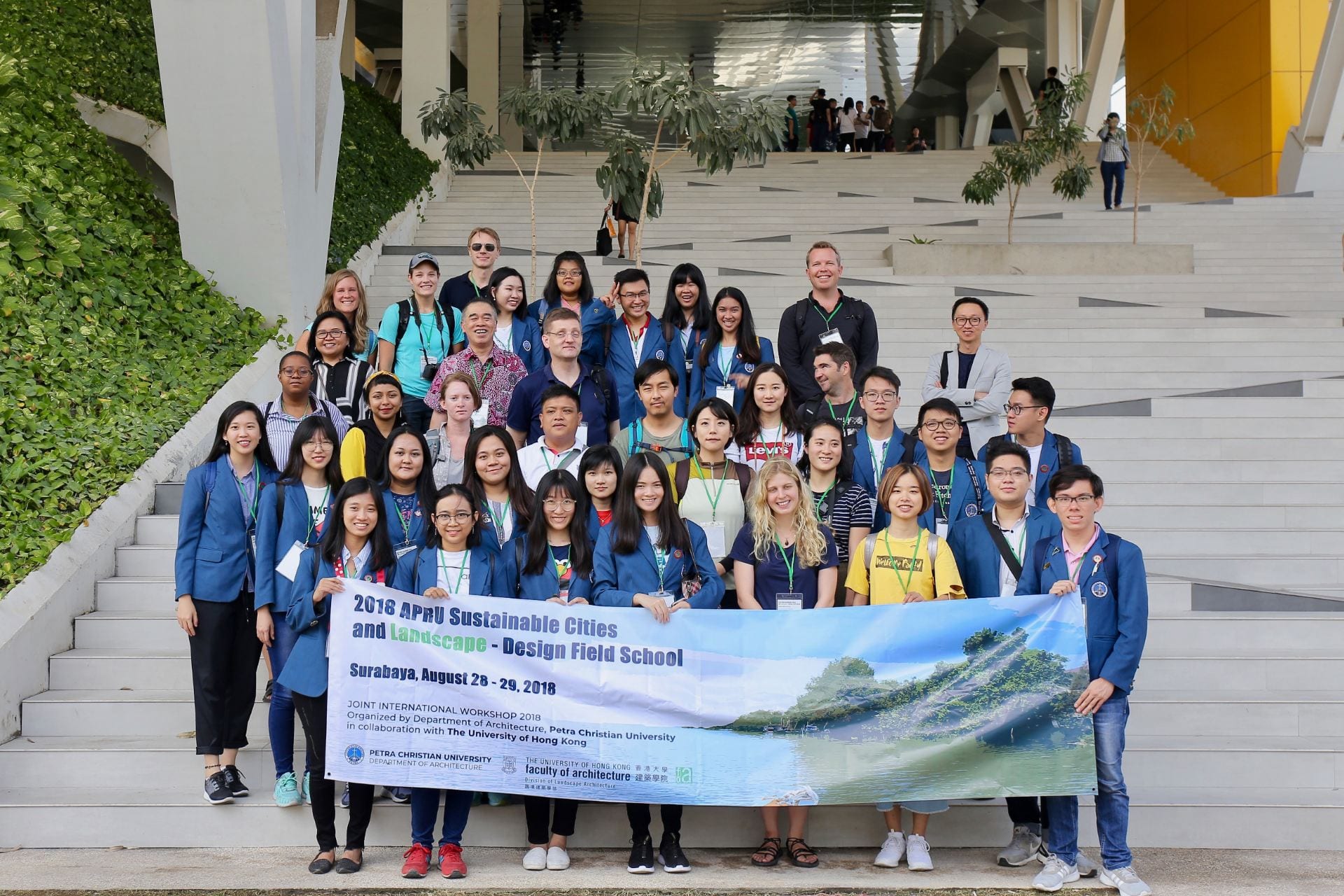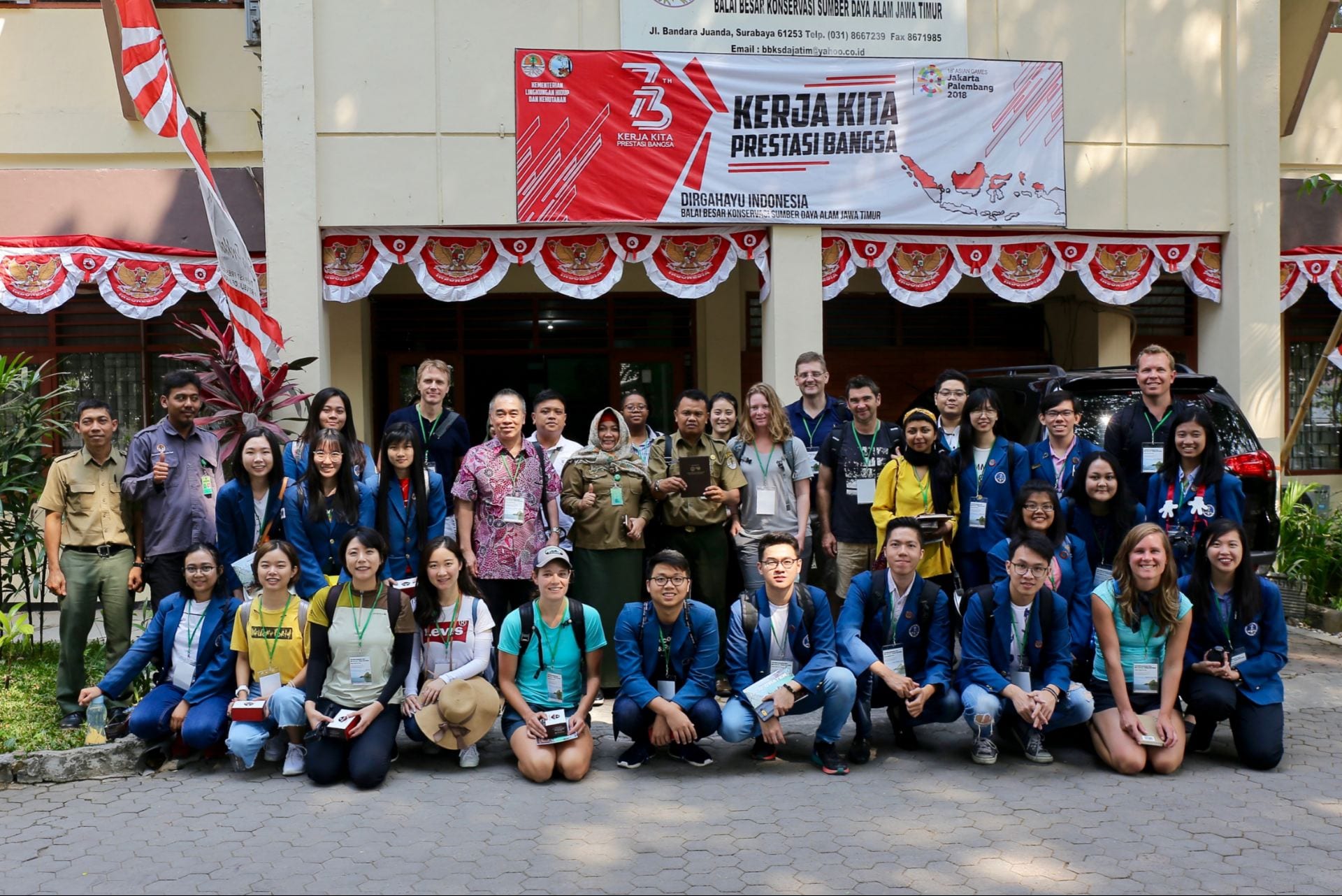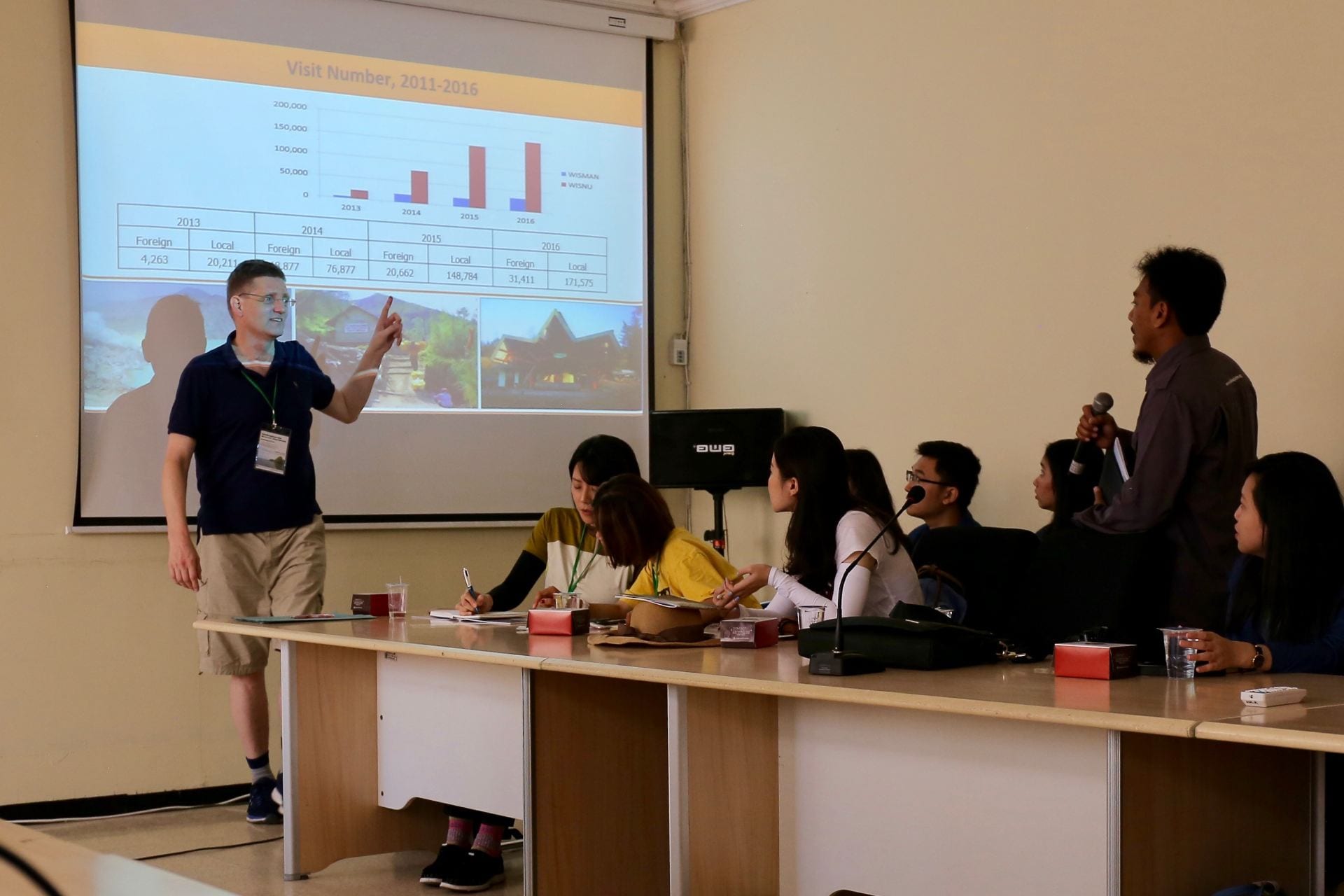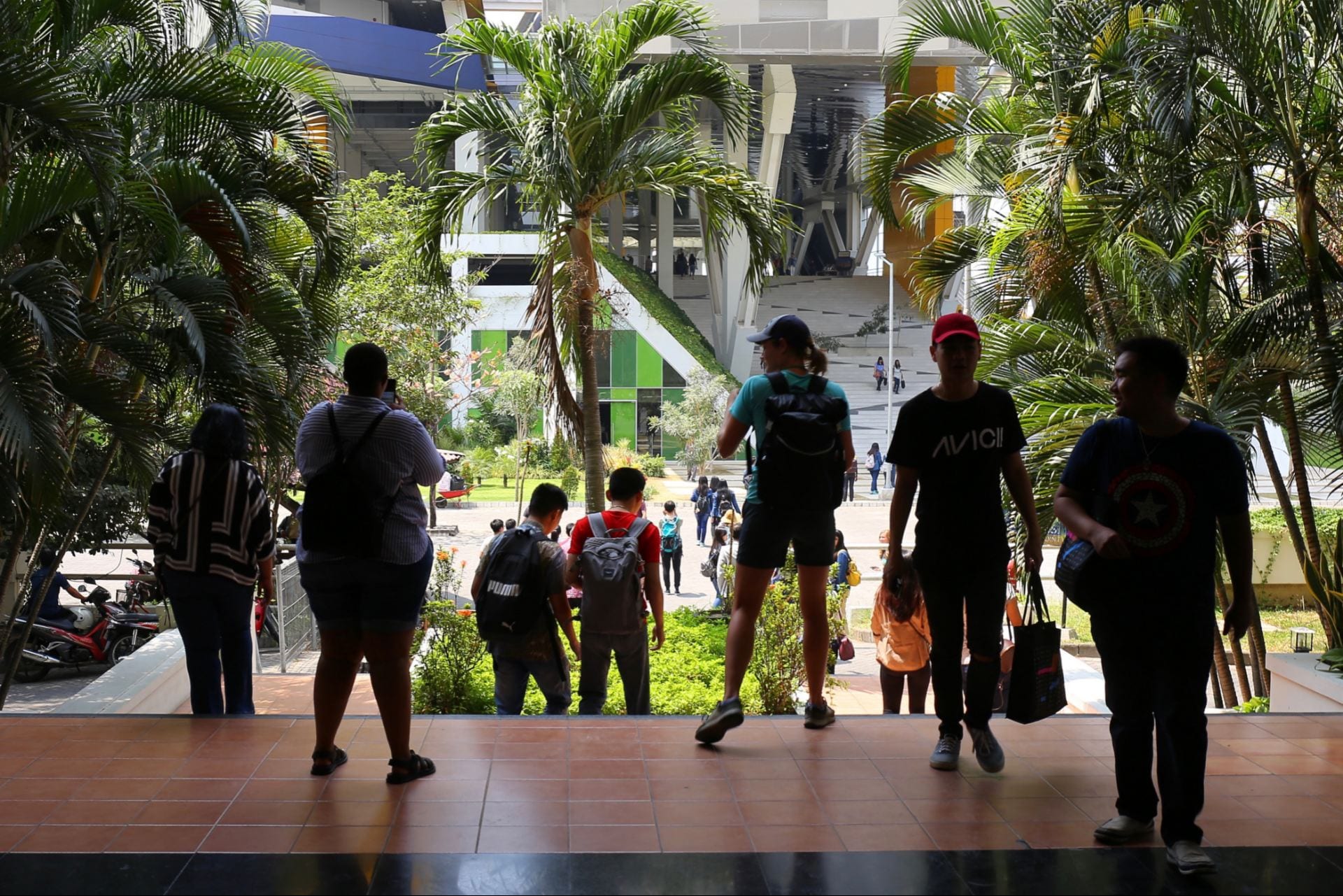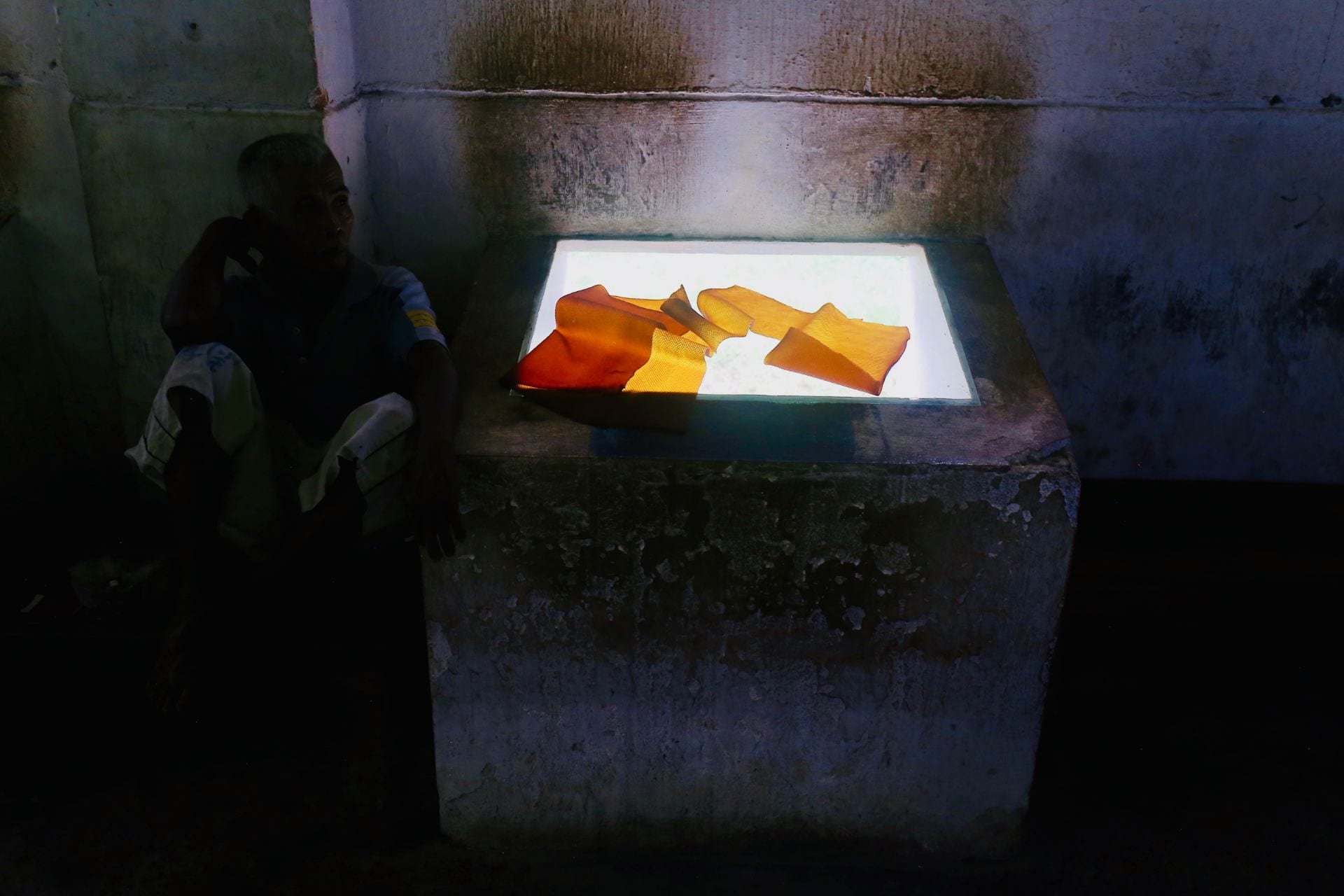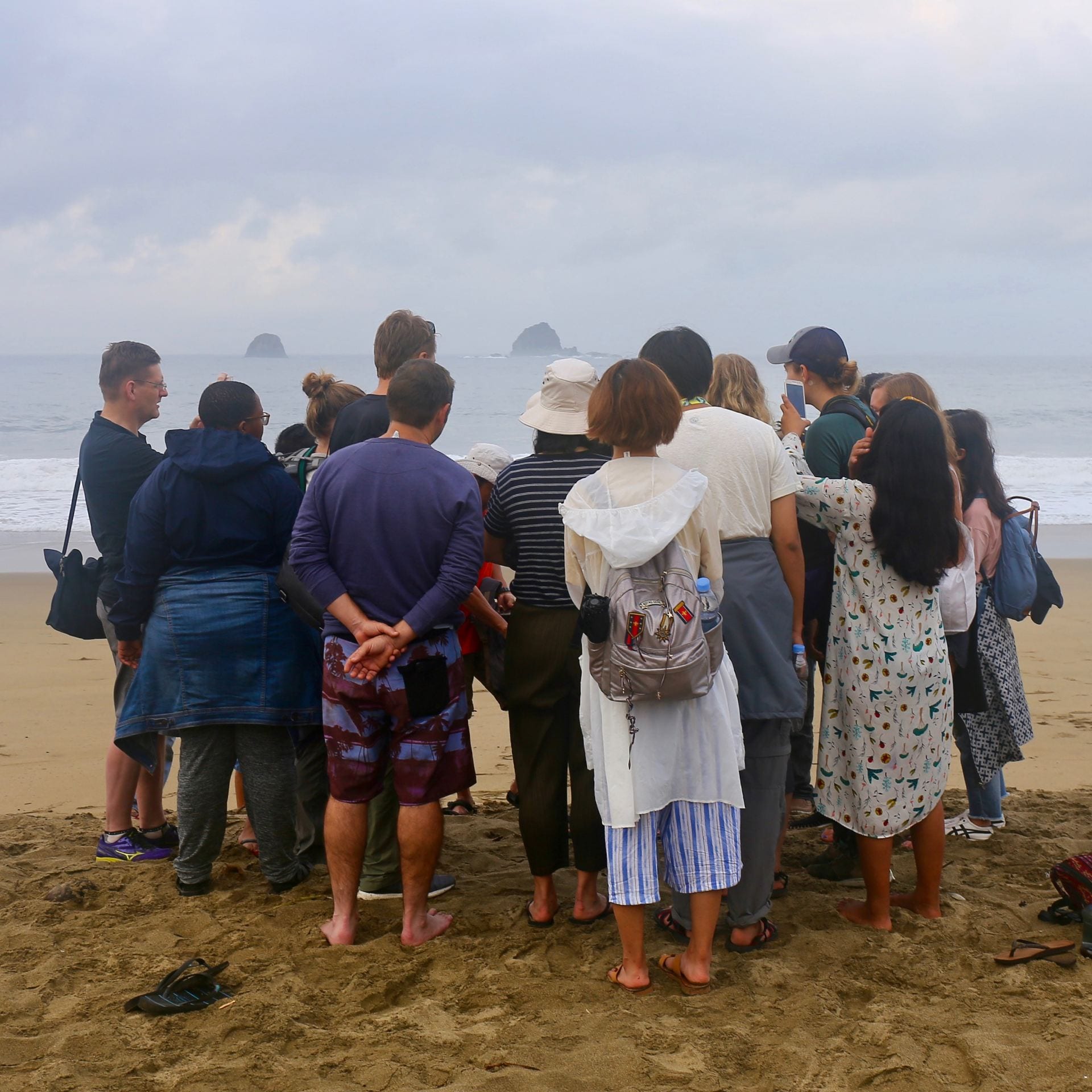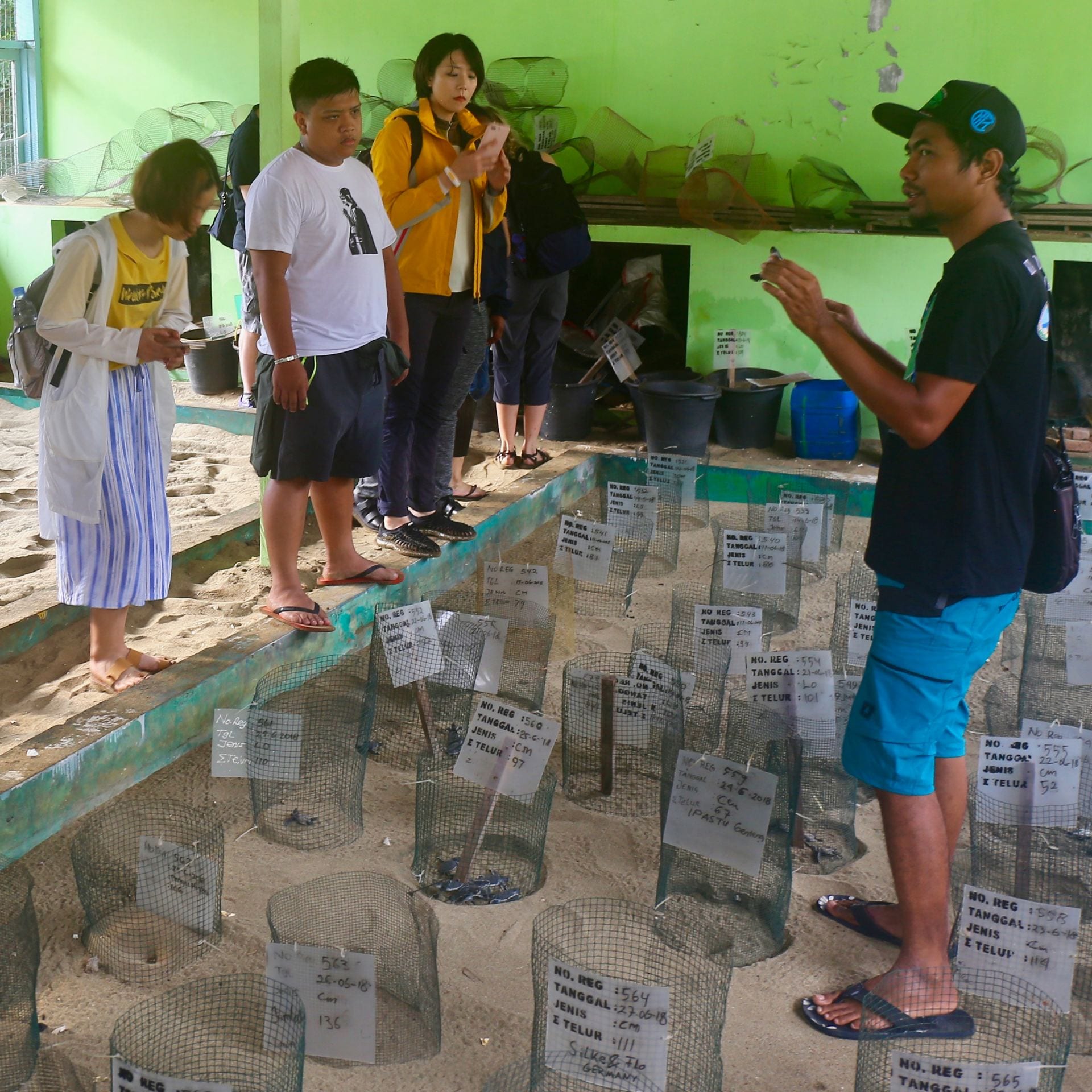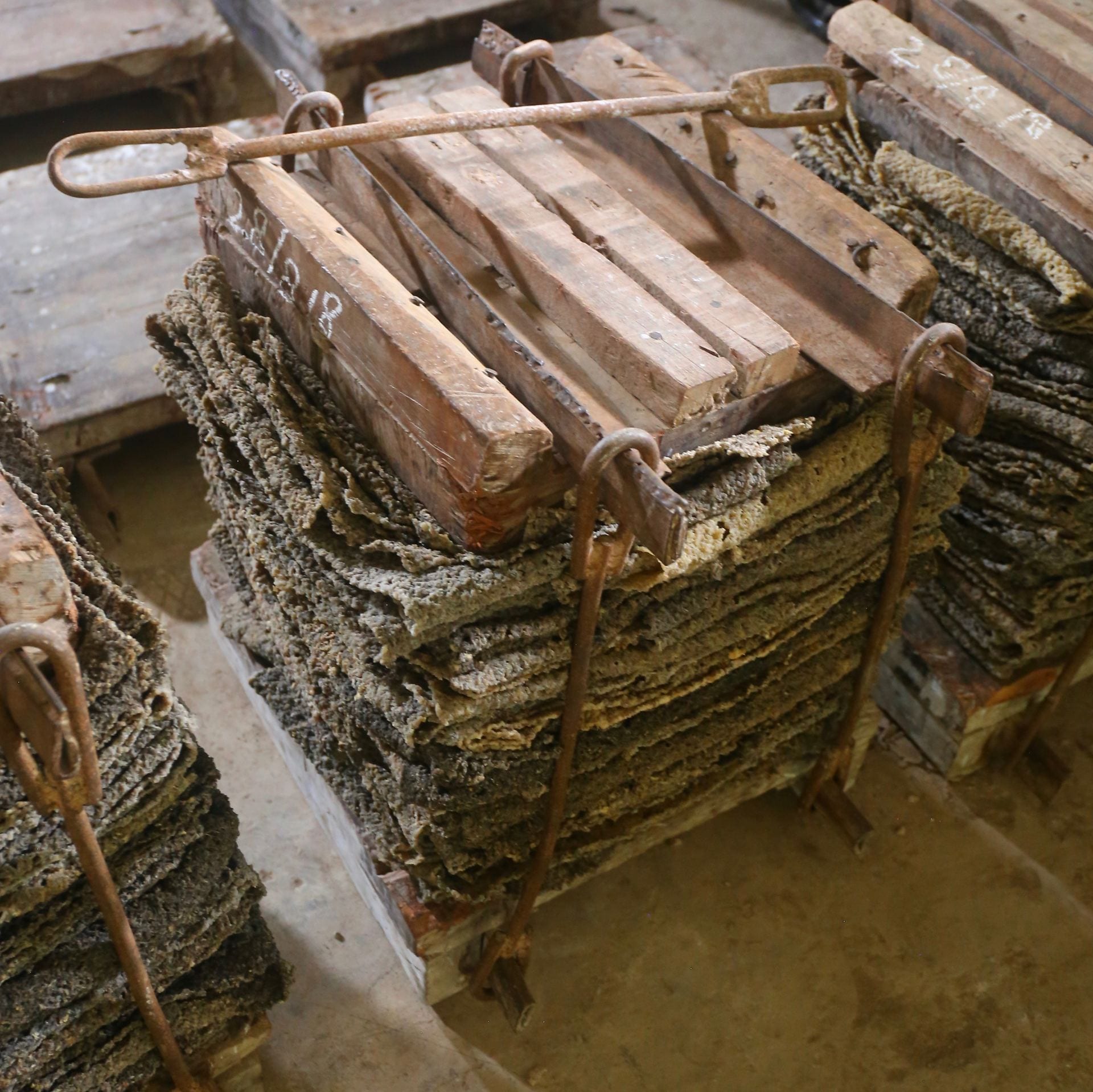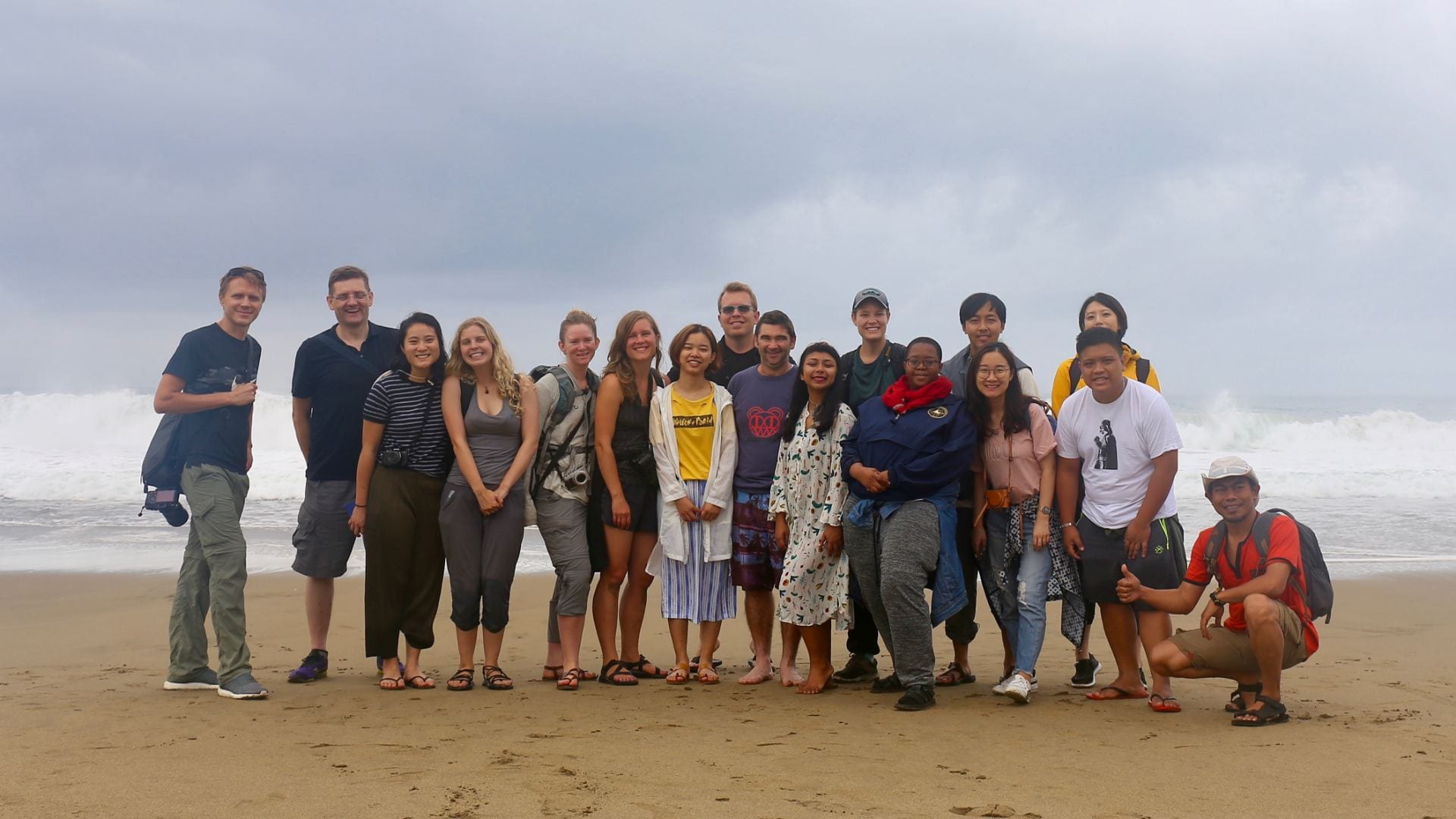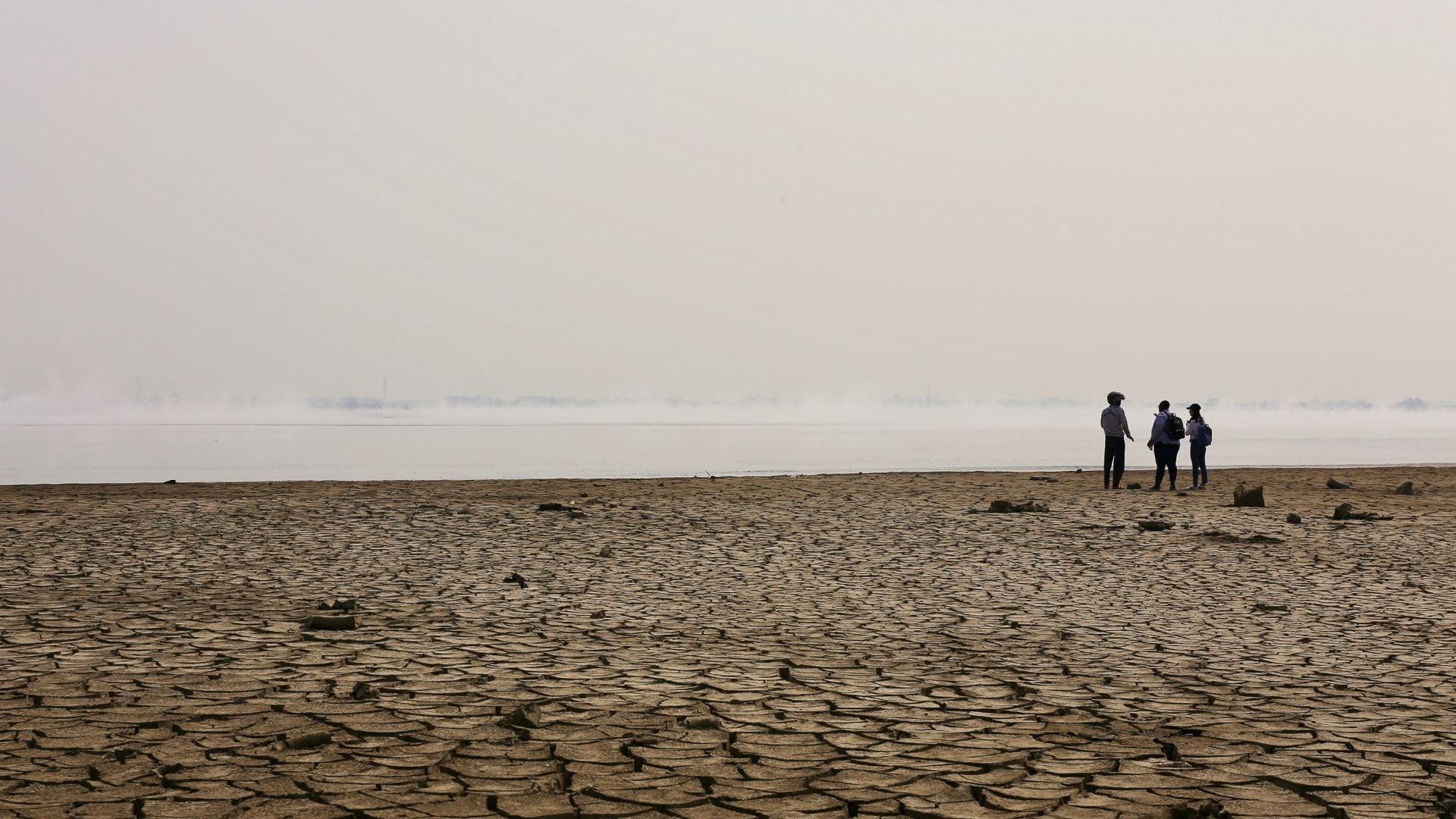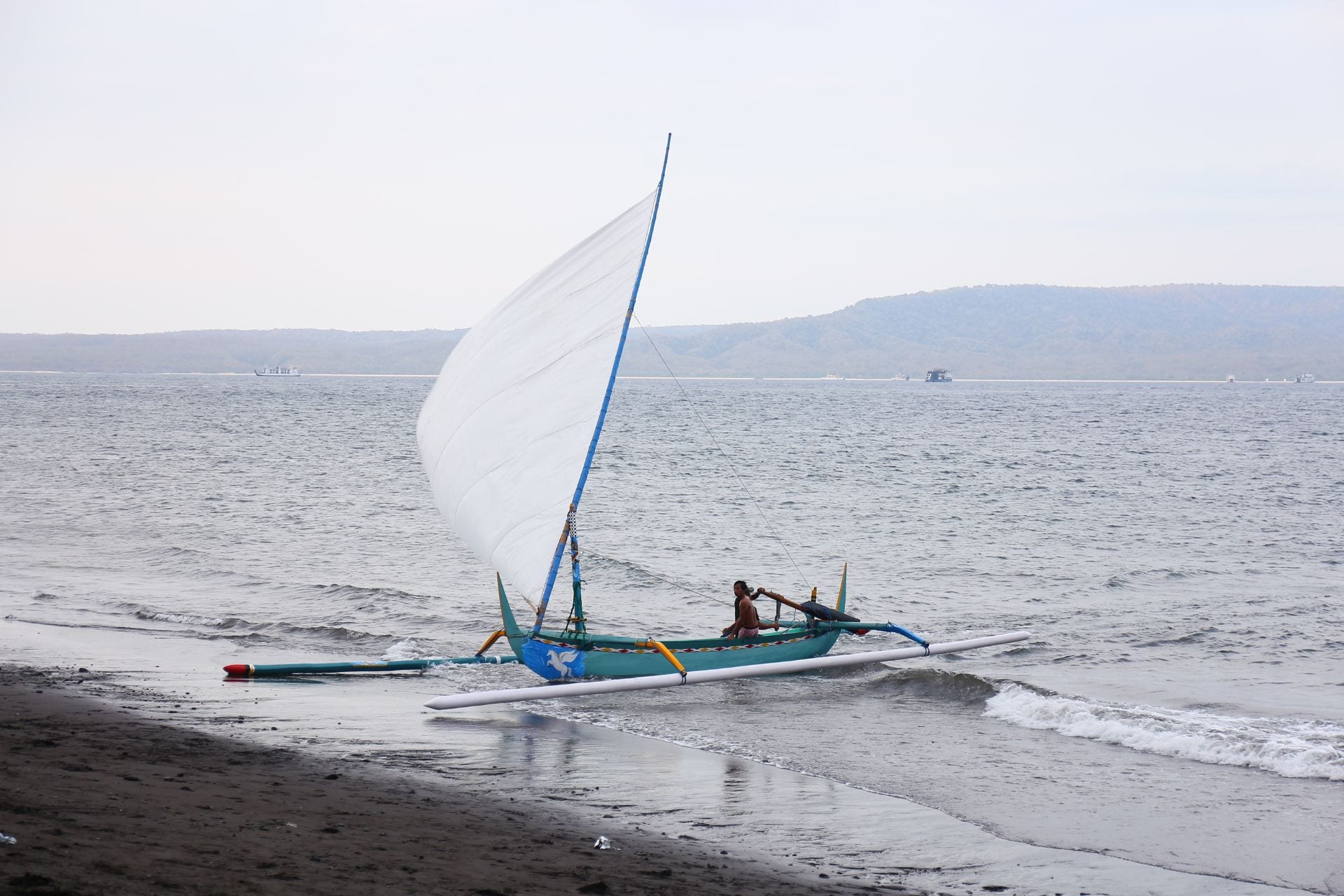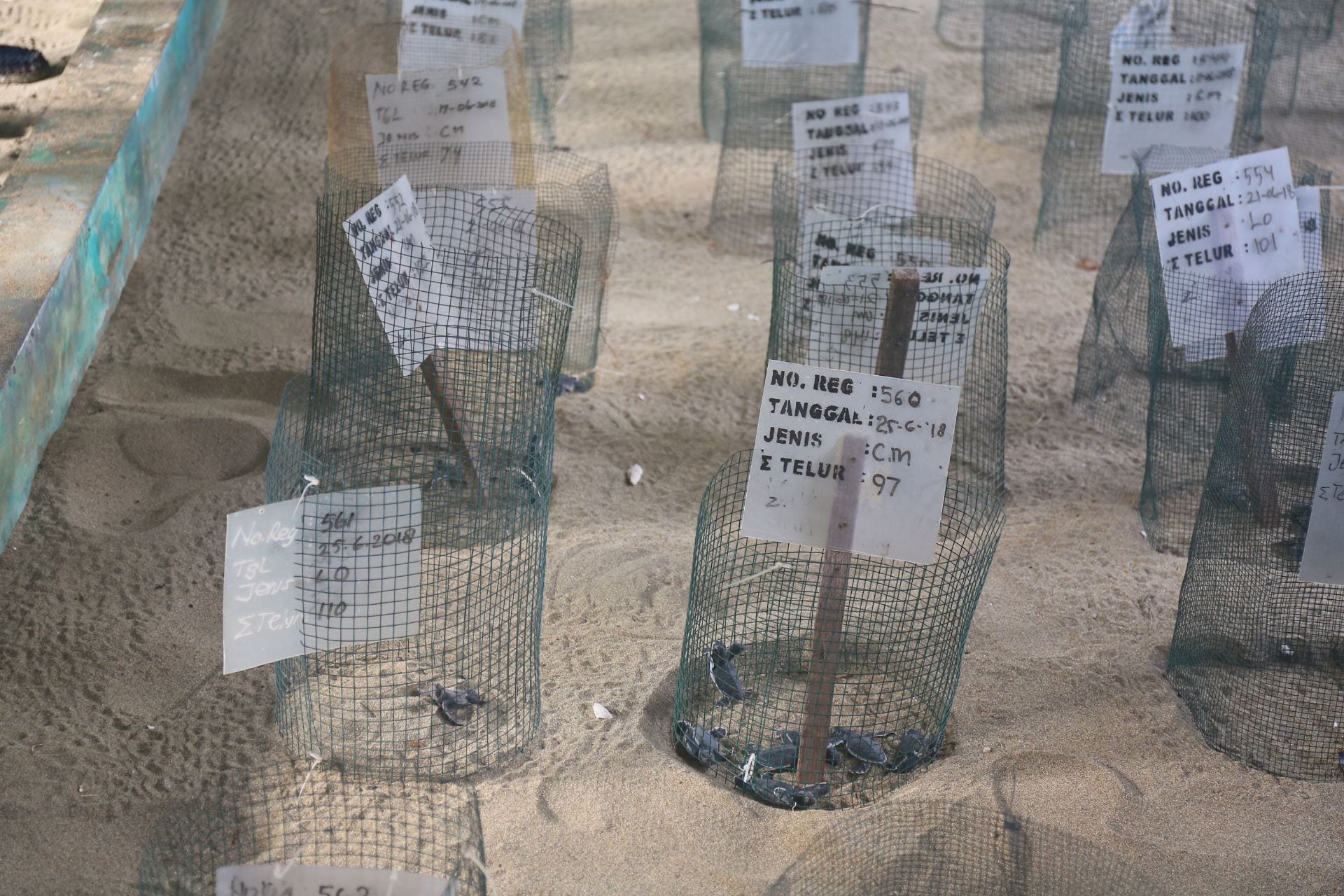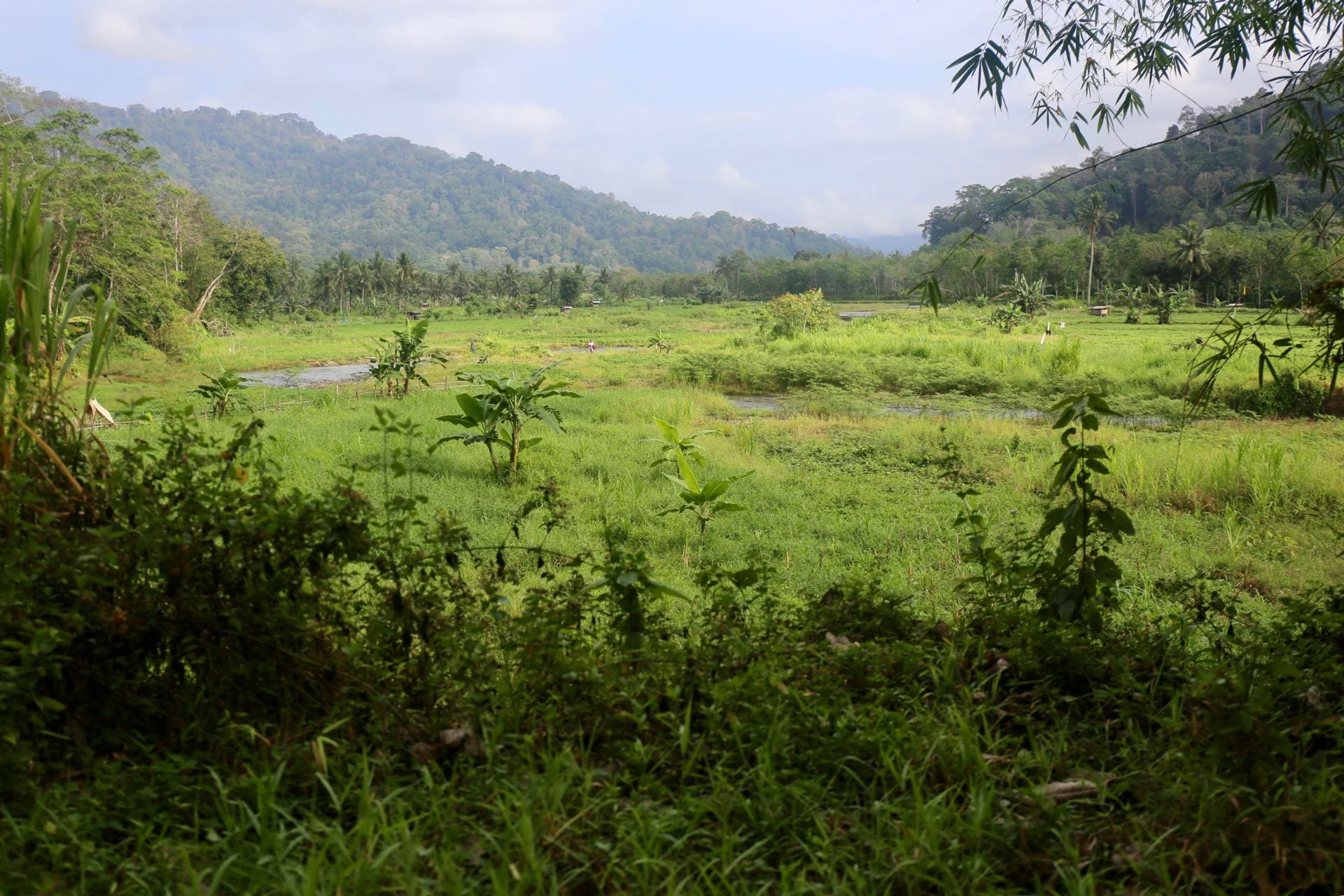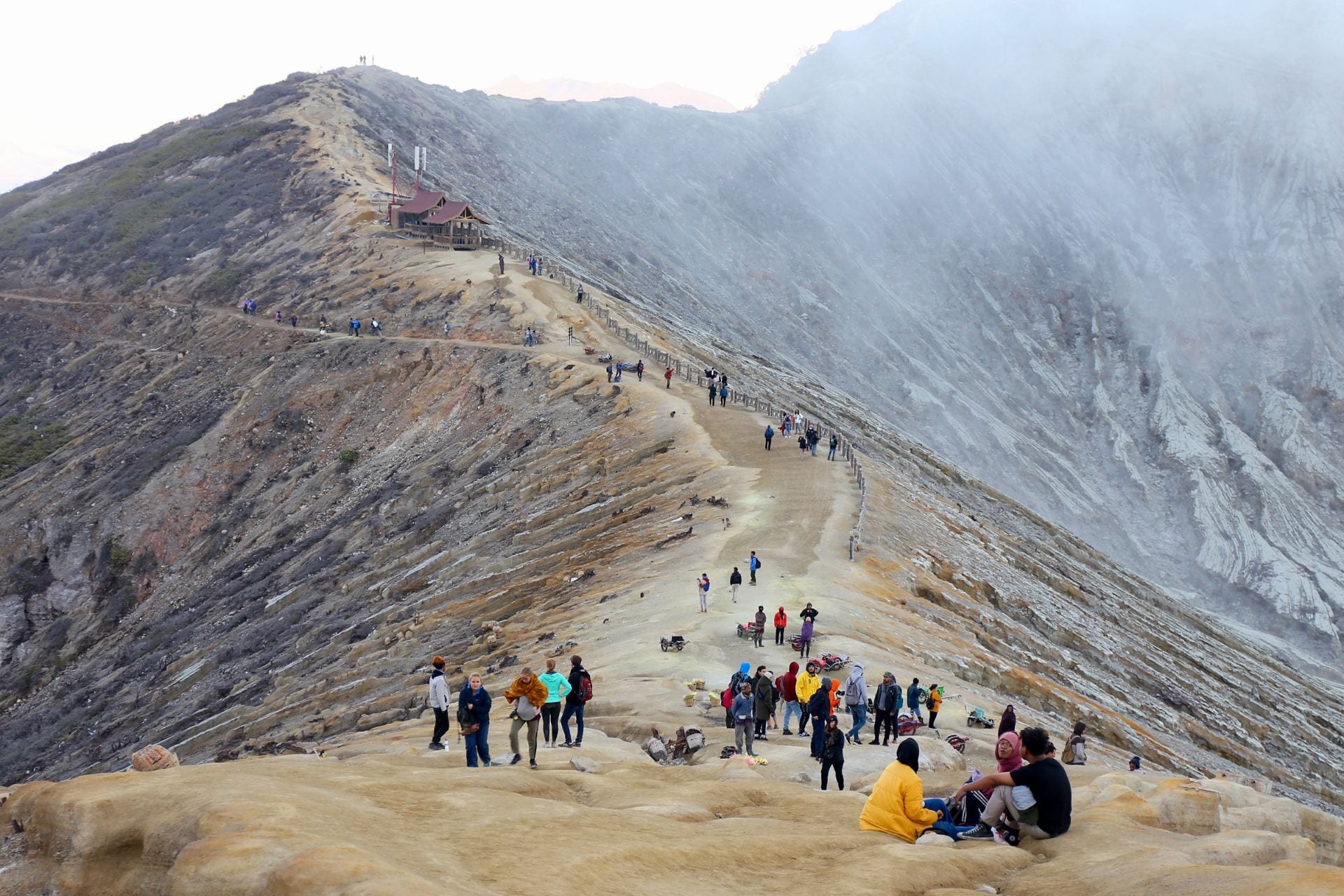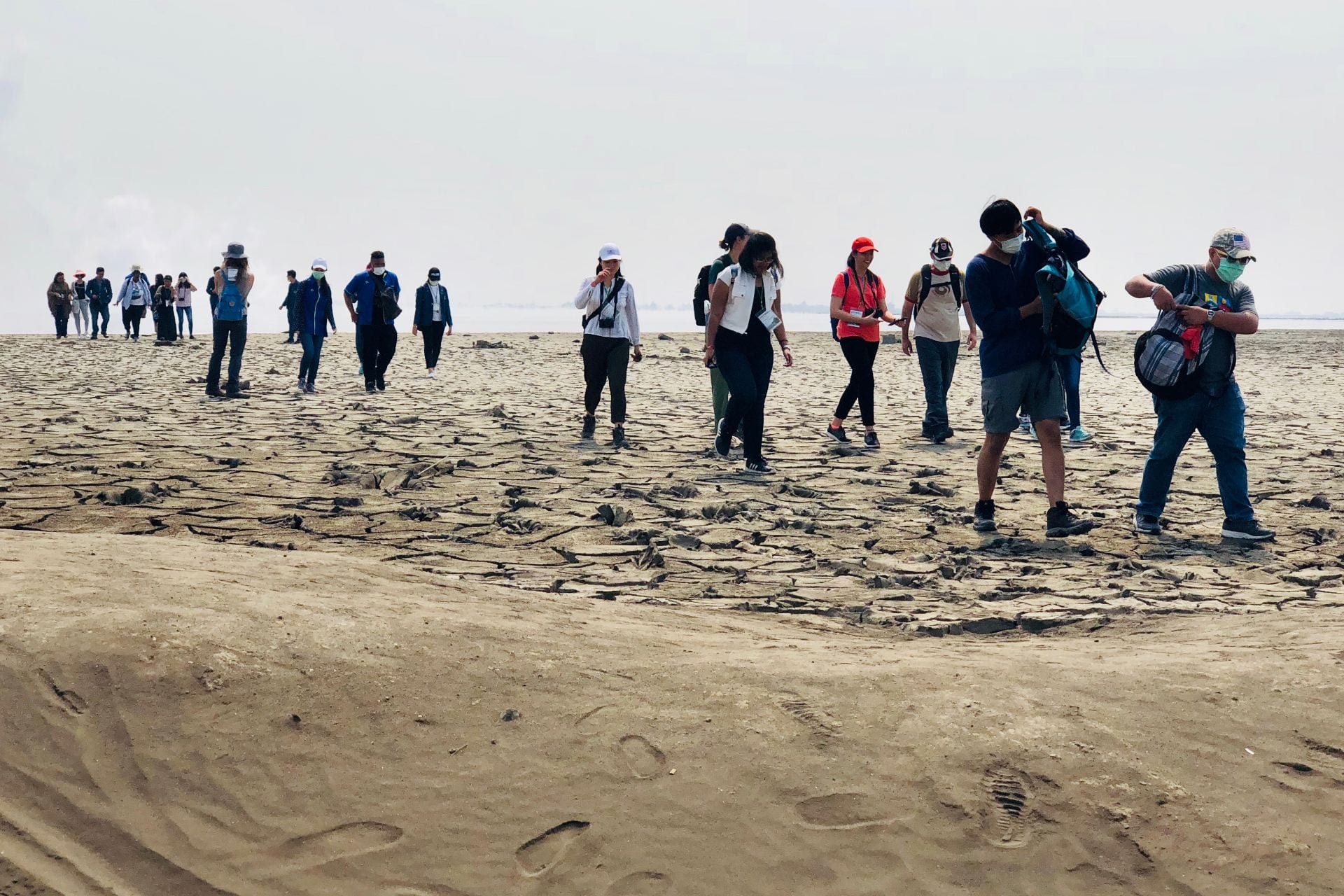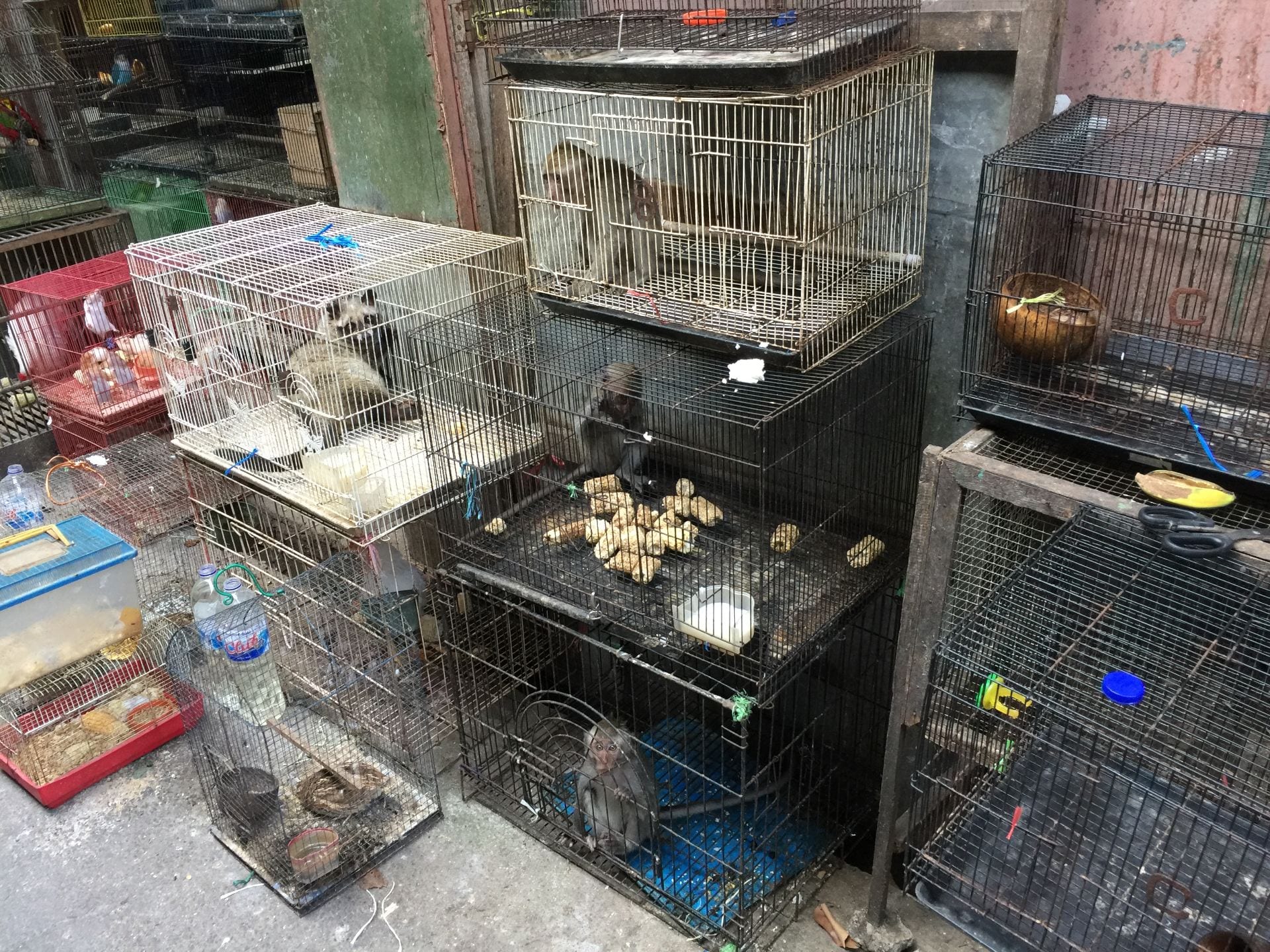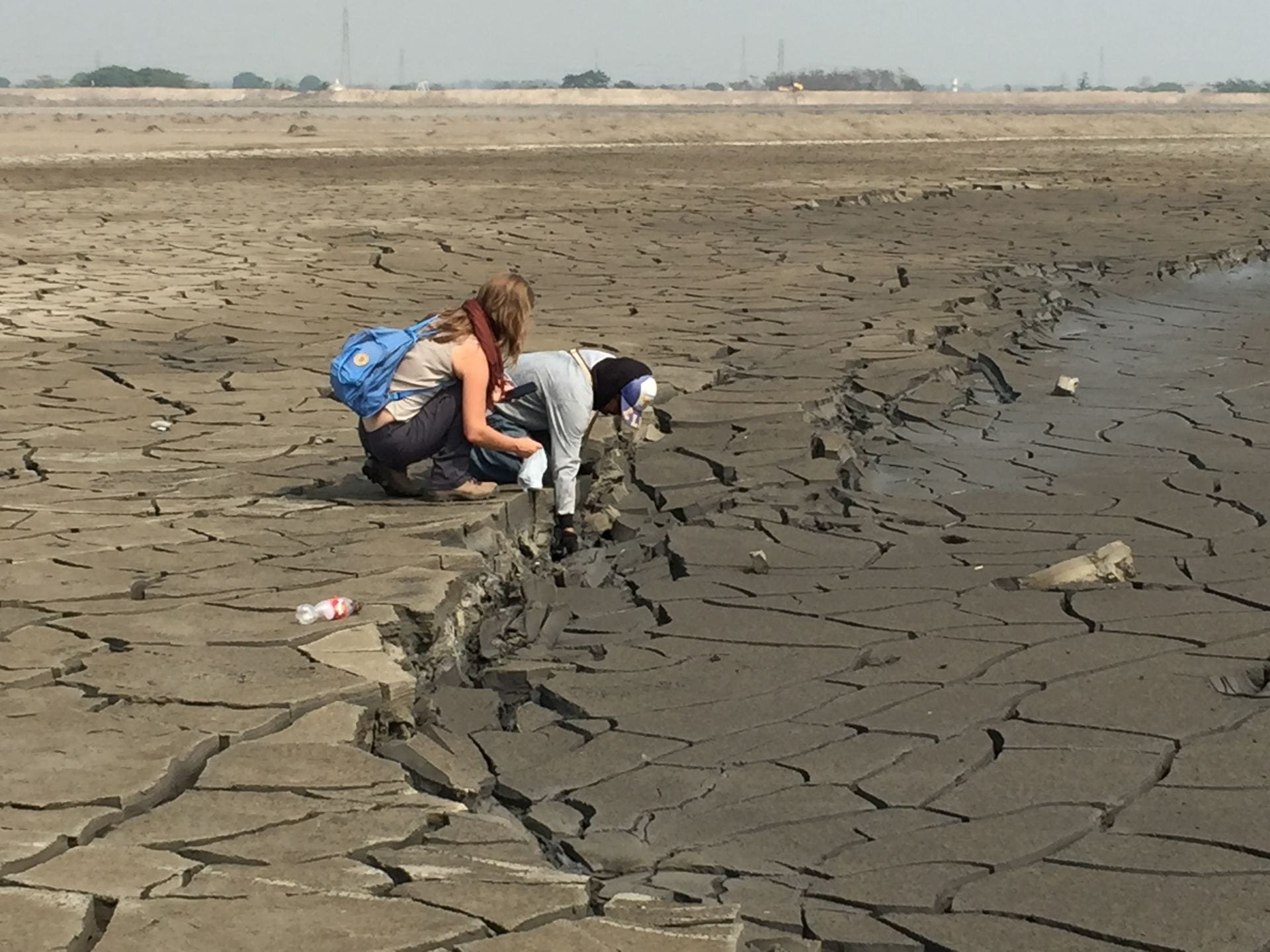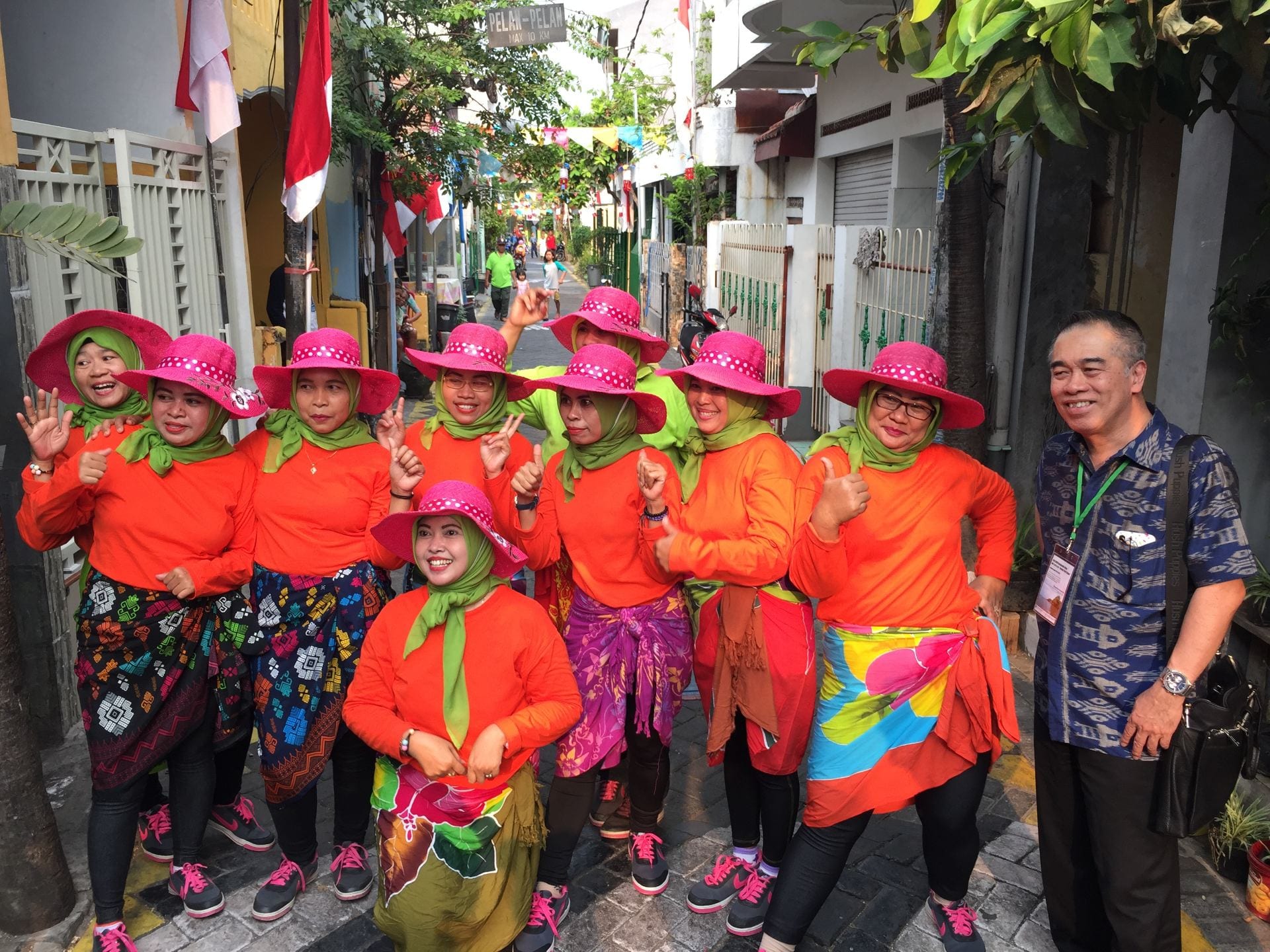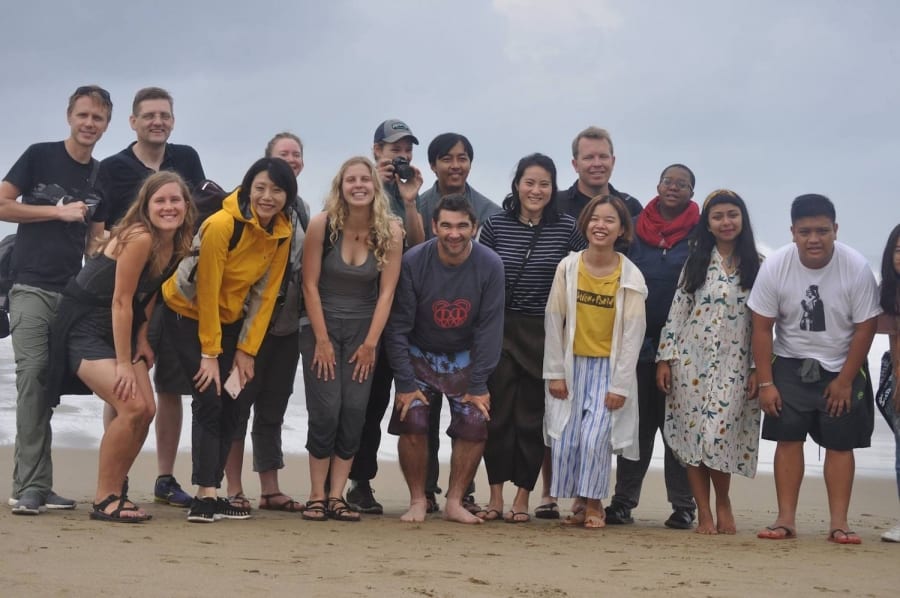The inaugural APRU Sustainable Cities and Landscapes Conference was hosted by the University of Oregon (UO) White Stag Building in Portland, Oregon, from September 15-17, 2017. The purpose of this conference, aligning with the goals of APRU SCL, was to provide opportunities for experts from different regions, cultures, and disciplines to collaborate on local and global challenges across the Pacific Rim which will lead to transformative on-the-ground changes between cities and their surrounding landscapes. We encouraged the participants not only engage in knowledge creation and education, but serve as problem-solvers, innovators, connectors, and agents of change.
Over 120 people from 14 countries participated, including designers, planners, researchers, practitioners, educators, and students from various disciplines. Participants and delegates were welcomed by Michael H. Schill, UO President; Christoph Lindner, Dean of UO College of Design; Christopher Tremewan, APRU Secretary General; and Bart Johnson, APRU SCL Steering Committee Chair and Department Head of UO Landscape Architecture. The three-day event included lightning talks, plenary panel discussions, field trips, and most importantly, working groups sessions.
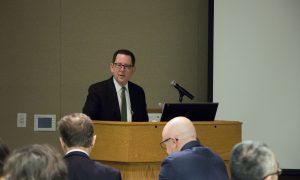
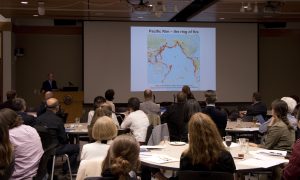
Figure 1. Welcoming introduction by Michael H. Schill, UO President (left) and Bart Johnson, APRU SCL Steering Committee Chair and Department Head of Landscape Architecture, UO (right).
Lightning Talks and Panel Discussions
Lightning talks and discussions were centered on best practices and approaches toward city-landscape sustainability across the Pacific Rim.
Lightning Talks on Best Practices in Portland/Pacific Northwest
The first three lightning talks focused on the Pacific Northwest. Professor Carl Abbott, Portland State University (PSU), spoke about the pragmatic origins of Oregon’s land use and planning regulation through the lens of Senate Bill 100, which demands city and counties to create a comprehensive plan in preparation for growing settlements. Following the conversation, Professor Ethan Seltzer, PSU, introduced the bottom-up planning process in Portland and how Metro is approaching the increase of population migration. Zooming out to a larger scale, Professor Marina Alberti, UW, addressed sustainability of cities and landscapes through an eco-evolutionary perspective. She argued that cities are hybrid-ecosystems with potential for human and nature innovation as well as adaptation. Finally, James Allison, Portland Parks & Recreation, further elaborated on how public engagement can lead to on-the-ground change and foster land stewardship. These outcomes continue to shape the evolving relationship between cities and landscapes.
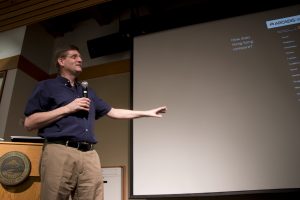
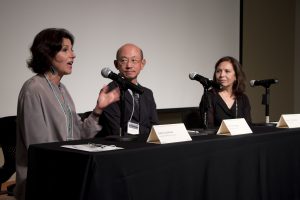
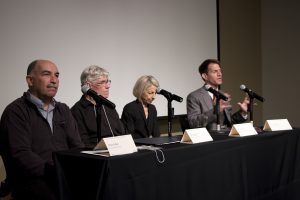
Figure 2. Lightning talk (left): Mathew Pryor, Head of Division and Professor of Landscape Architecture, HKU. Plenary discussion (center and right): Ethan Seltzer, Professor Emeritus of Urban Studies and Planning, PSU; Carl Abbott, Professor Emeritus of Urban Studies and Planning, PSU; Marina Alberti, Professor of Urban Design and Planning, UW; James Allison, Land Stewardship Division Manager, Portland Parks & Recreation; Helen Lochhead, Professor and Dean of Faculty of Built Environment, UNSW; Chun-Yen Chang, Professor and Department Head of Landscape Architecture, NTU; and Beatriz C. Maturana, Academic and International Relations Director and Faculty of Architecture and Urbanism, University of Chile.
Lightning Talks on Best Practices Across Pacific Rim
The second set of lightning talks provided examples from other regions across the Pacific Rim, from Oceania, East Asia to Latin America. Professor Helen Lochhead, UNSW, presented issues that harbor cities like Sydney, Australia are facing. She proposed that urban regeneration and innovative transformation of infrastructure are fundamental to creating resilient cities. Professor Chun-Yen Chang, NTU, addressed human well-being concerns in dense East Asian Cities and how evidence-based design is critical in promoting health. Finally, Professor Beatriz C. Maturana, University of Chile, shared her optimistic view of how policies and media could advocate for positive actions that respond to climate change and social segregation. Despite various geopolitical contexts across the Pacific Rim, the conference participants found that each region is addressing place-based solutions to deal with their local issues as well as the problems that most regions are facing globally such as gentrification, spatial inequality, ecological degradation, loss of agricultural land, and extreme weather events.
Panel Discussion
Continuing the discussions from the first day, 6 panelists gathered to provide distinctive viewpoints from their regions and how the Hub as a whole could work towards in the future.
Professor Beatriz C. Maturana, University of Chile, spoke about the case of social housing in Chile. She suggested that instead of artificially integrating parcels based on income criteria, gathering people with common interests (e.g. low-cost energy neighborhoods) could better allow an innovative way of social integration in cities. Professor Mark Gold, UCLA, shared how UCLA responded to Obama’s Grand Challenges by setting the ambitious goals for a sustainable LA. He emphasized that besides research and education, policy actions through community engagement is a critical responsibility of higher education. Professor Makena Coffman, UH, used Honolulu, Hawai’i as an example of the unique challenges faced by coastal communities and the Pacific islands. Honolulu is forced to adapt quickly to sea level rise, beach migration, and king tides induced by climate change. Professor Jie Hu, THU, advocated for a balanced system between economic development and environmental quality in rapidly developing cities. Moreover, he urged for more political leaders to be actively involved in planning and design. Professor Mathew Pryor, HKU, encouraged us to learn from a spectrum of examples like Hong Kong. Hong Kong, a seemingly unsustainable city of extreme density, was able to achieve low crime, low body mass index, efficient public transportation, and 70% of protected natural area, which allow efficient use of lands and ultimately enhance landscape level sustainability. Finally, Professor Errol J Haarhoff, University of Auckland, voiced that collaborations across groups, geography, and disciplines could lead to transformational visions of our sustainable future.
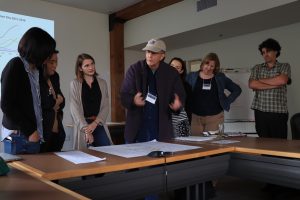
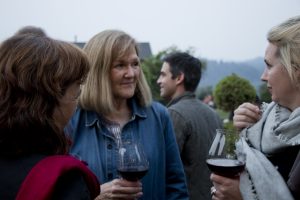
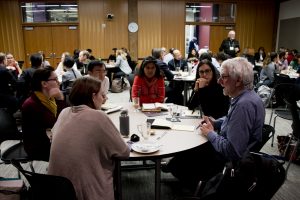
Figure 4. Working group sessions (left), conference dinner gathering (center), and closing remarks discussions (right).
Ten Working Groups
Ten distinct working groups focused on issues such as sustainable urban design, urban agriculture, biodiversity, energy, transportation, water systems, sanitation, urban growth management and waterfront development (see titles below). After several hours of intensive meetings during the conference, each working group crafted a collaborative paper plan for the first volume of a book series or journal publication.
- Containing Urban Expansion Using “Boundaries” in the Era of Rapid Urbanization
- From Urban Agriculture to new Urban Commons: Productive Landscapes and Infrastructural Ecologies
- Redrawing Our Urban Waters
- Resolving Conflicts of “Greens”: Energy Planning for Sustainable Landscape Conservation
- Sustainable Transportation in an Era of Autonomous Vehicles
- Sustainable Urban Design
- The Chengdu Plain and Dujiangyan Irrigation District, Sichuan, China: A Case of City-Landscape Sustainability in Comparative Perspective
- The Future of Urban Water and Sanitation
- Transitions in Urban Waterfront Operation and Development
- Urban Biodiversity
Recurring Topics
The plenary sessions led to discussions about the gaps between the relationships of academia, practitioners, policy makers, and the general public. Despite unique contexts and scales, issues raised were echoed by those from North America, South America, Asia, and Oceania. Participants noted the limits that can be achieved in academia, but with practical implementations, the vision of hope for the best practices is one step closer to real-life evaluation, modification, and advancement.
“Advocacy,” a recurring theme throughout the conference, reminded us that selecting a language that is receptive to all audience is paramount in leading to a more effective and “sustainable” outcome. Incorporating social activism, vision, and government engagement, attendees encouraged a more inclusive, innovative, and collaborative framework.
As designers, we strive to dream big and imagine the unprecedented; as scientists, we demand critical and rigorous research yet be skeptical of claims that sound too good to be true. Despite many challenges we encountered, a hopeful attitude during our conversations contributed to the success of the conference. We look forward to the annual conferences as models for positive collaborations across time and space.
Dissemination Plan
At the conference, working group leaders showed strong support for a book publication coming out of the conference, with contributions from each working group. The body of the book would be a compendium of position papers from each working group that establishes an agenda for future work. The book would begin with a short introduction to the work of the hub, followed by a short overview of the format and content of the book, and end with a short summarizing chapter that suggests the future priorities and work of the hub. Working groups at the inaugural conference are invited to submit chapters for publication in the first volume of the SCL book series.
2018 APRU SCL Conference in Hong Kong
The 2018 APRU Sustainable Cities and Landscapes Conference will be held at the University of Hong Kong in September 2018. Building on the success of the inaugural SCL Conference in Portland, it will be structured around working group sessions, plenary talks and discussions, as well as optional local field trips and study tours within the region.
The conference will continue the working group frameworks, agendas, and commitments to academic publication, but will look to address the issue of ‘agency’, a recurrent theme in many of the discussions during this year’s conference, which encompasses core sustainable practices such as anticipatory planning, action-oriented design, and advocacy. Importantly, the conference will maintain its emphasis on integration across the working group themes, and between the diverse geopolitical backgrounds, disciplines, and paradigms of the conference participants.
For questions regarding 2018 APRU SCL Conference in Hong Kong, please contact Matthew Pryor, Head of Division and Professor of Landscape Architecture, Hong Kong University, matthew.pryor@hku.hk or Yekang Ko, Assistant Professor of Landscape Architecture and Director of APRU-SCL hub, University of Oregon, yekangko@uoregon.edu.
